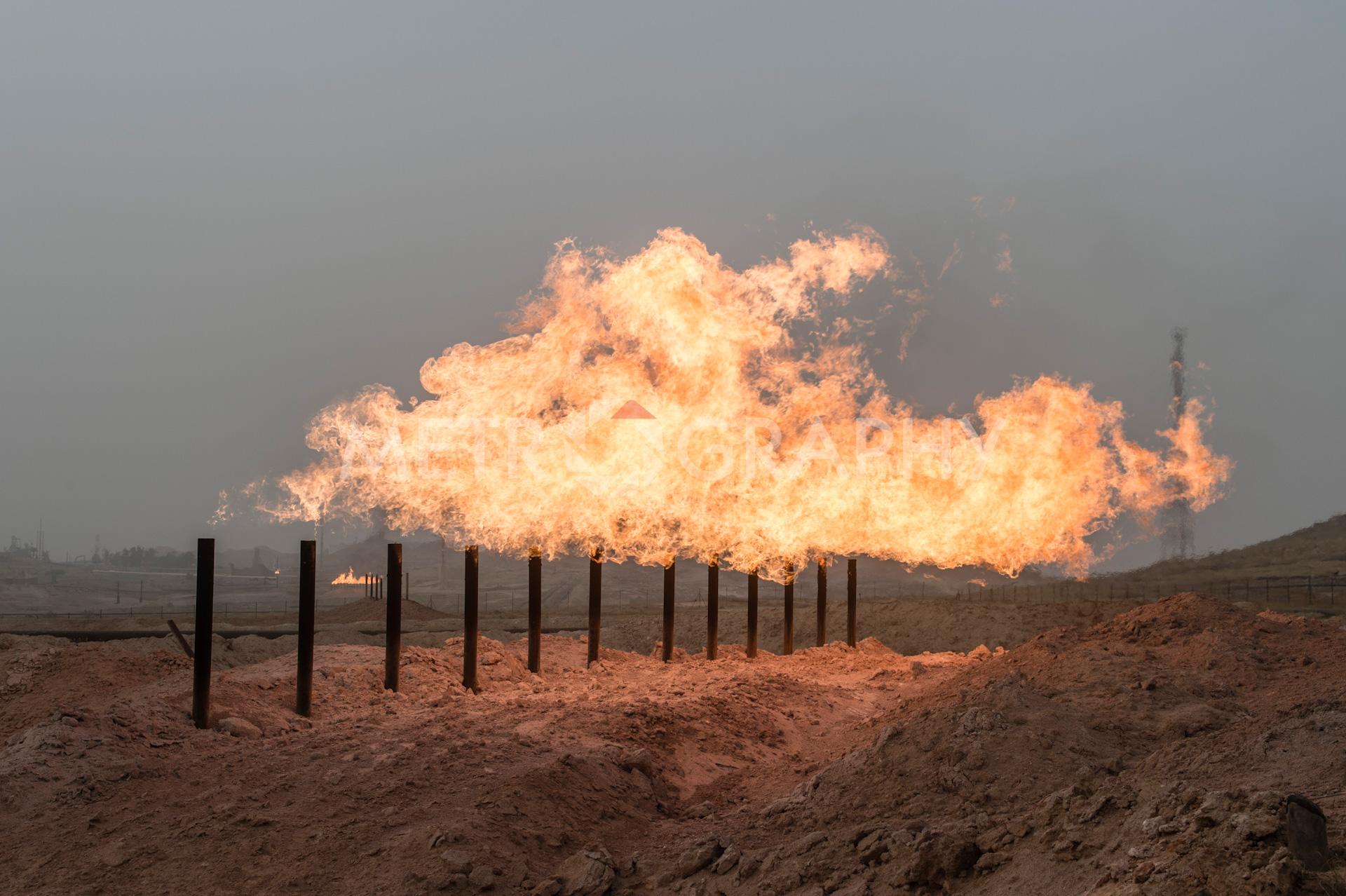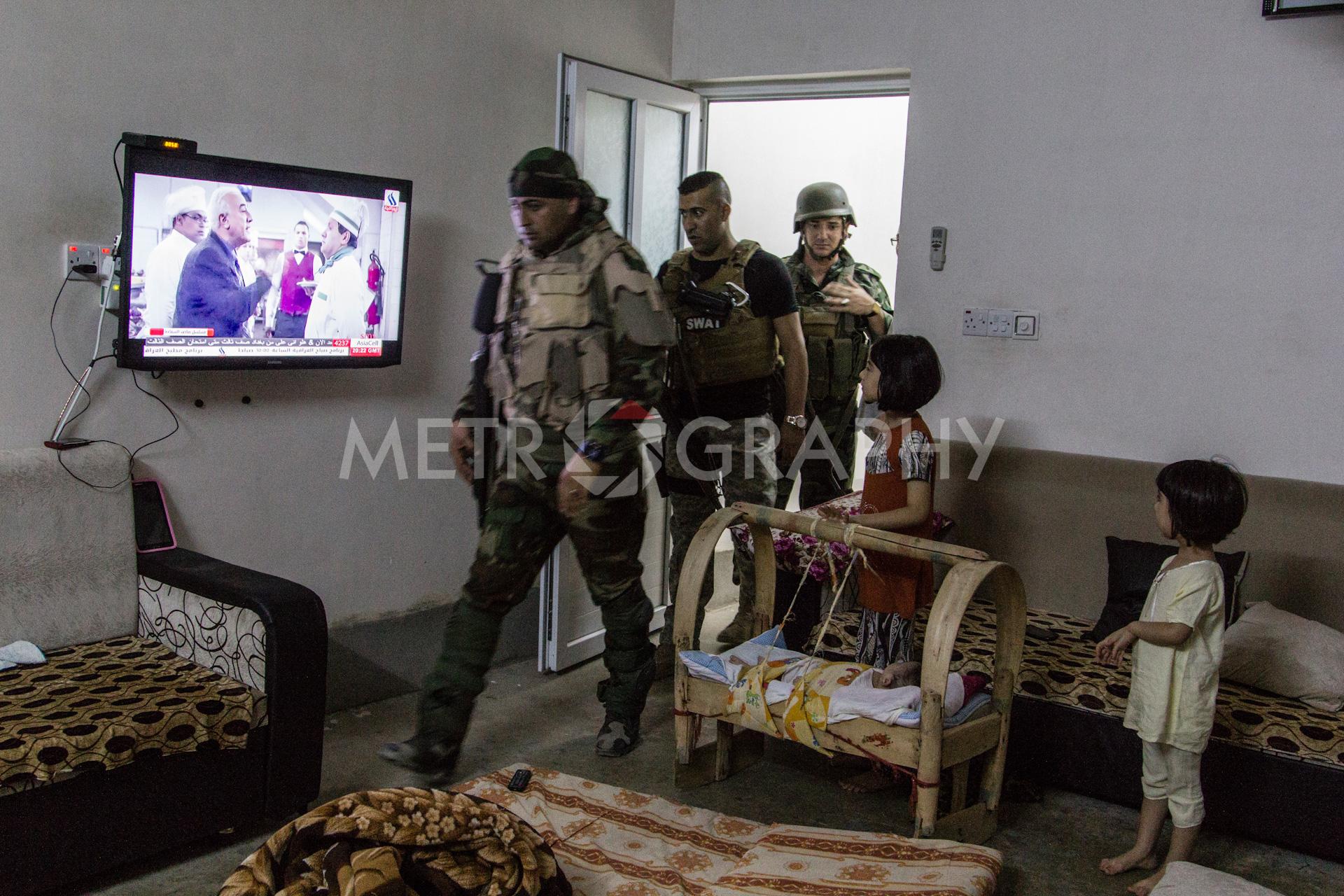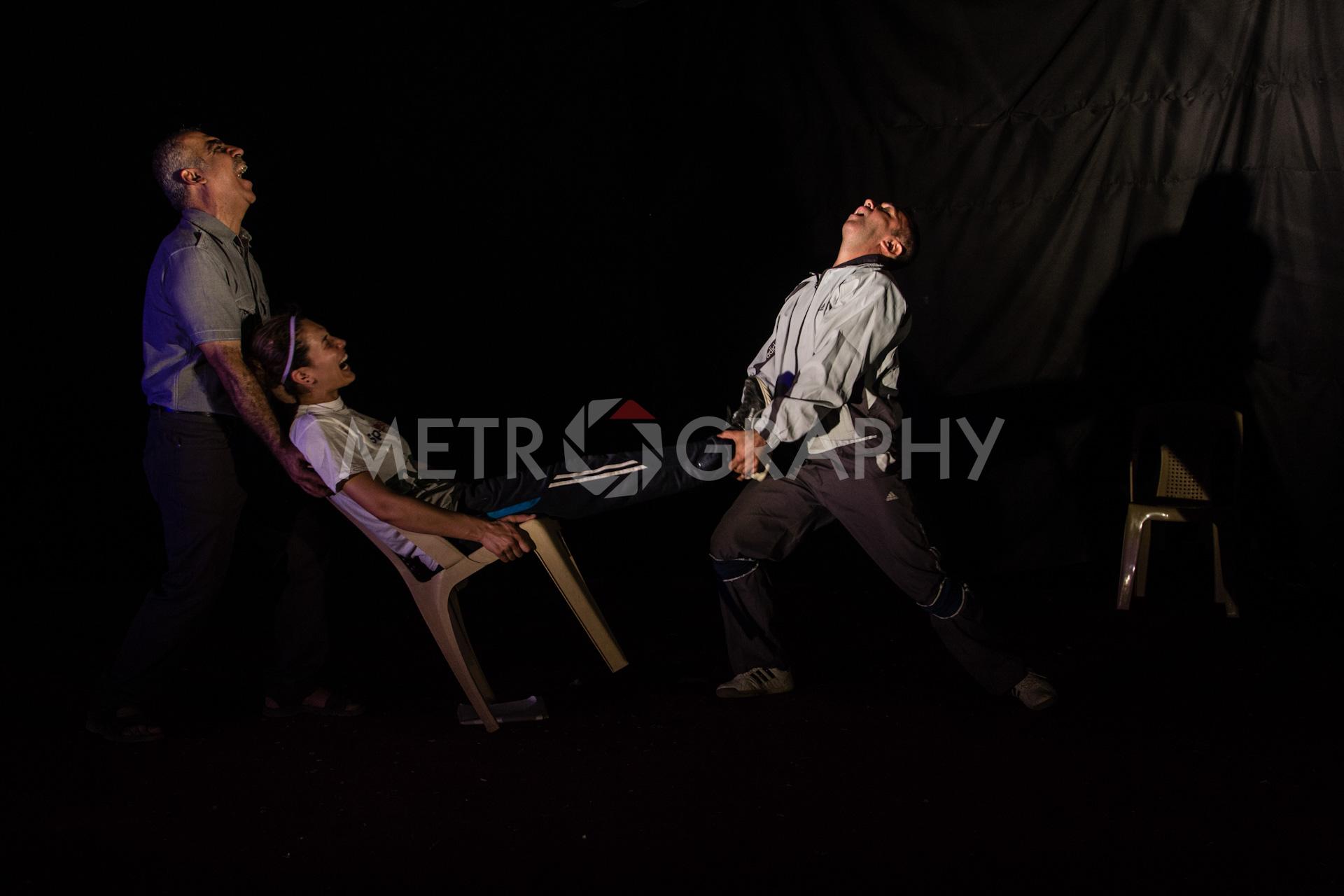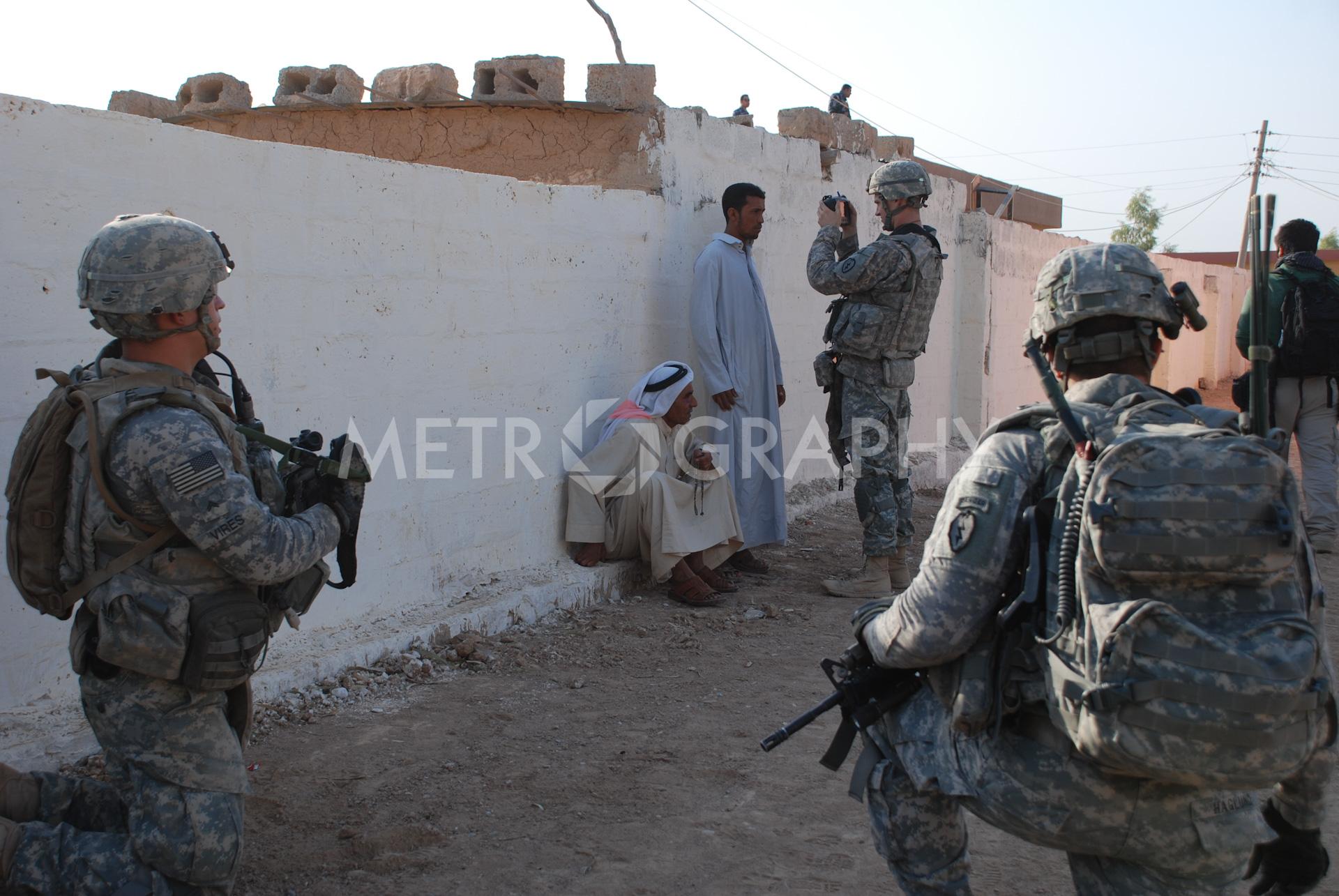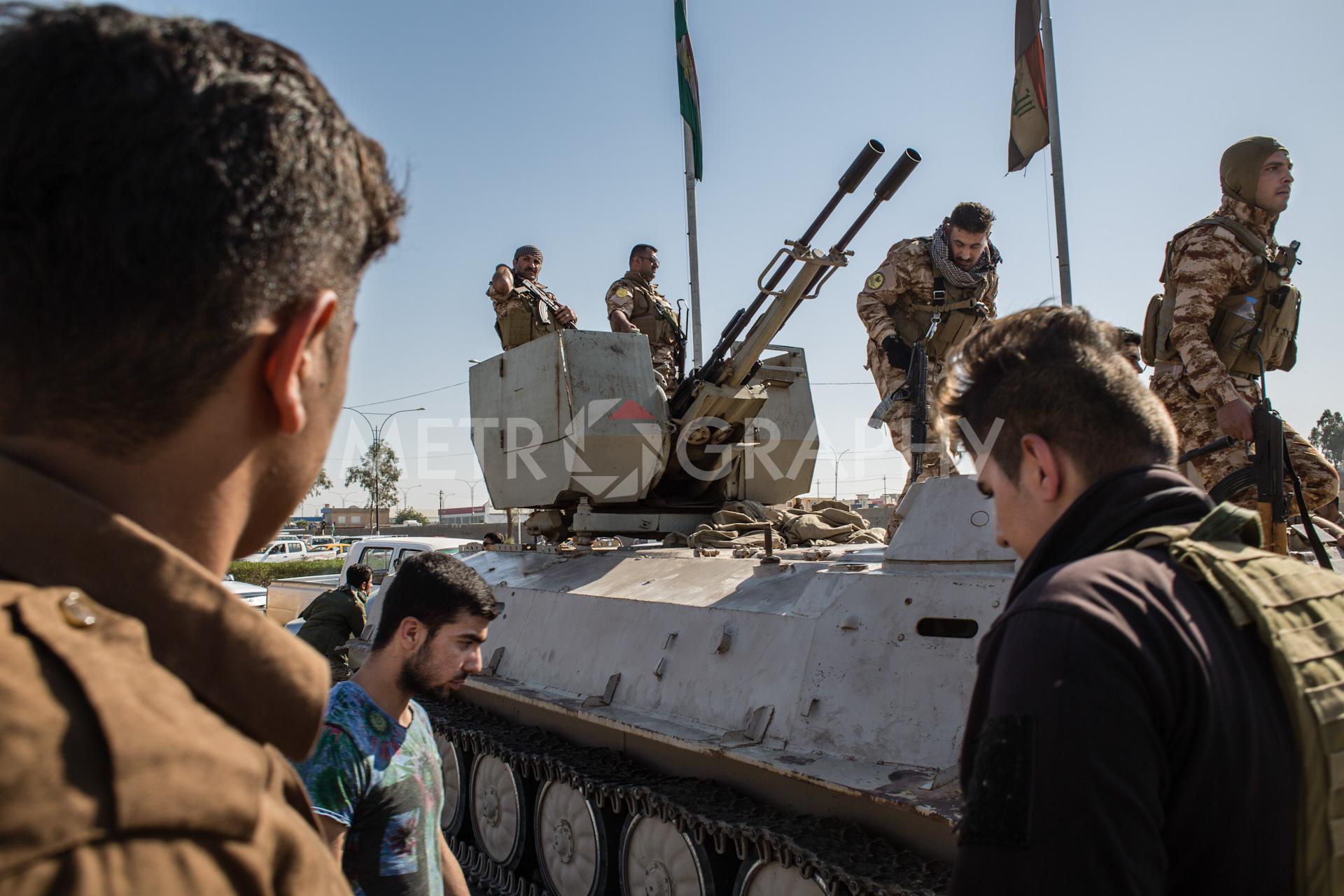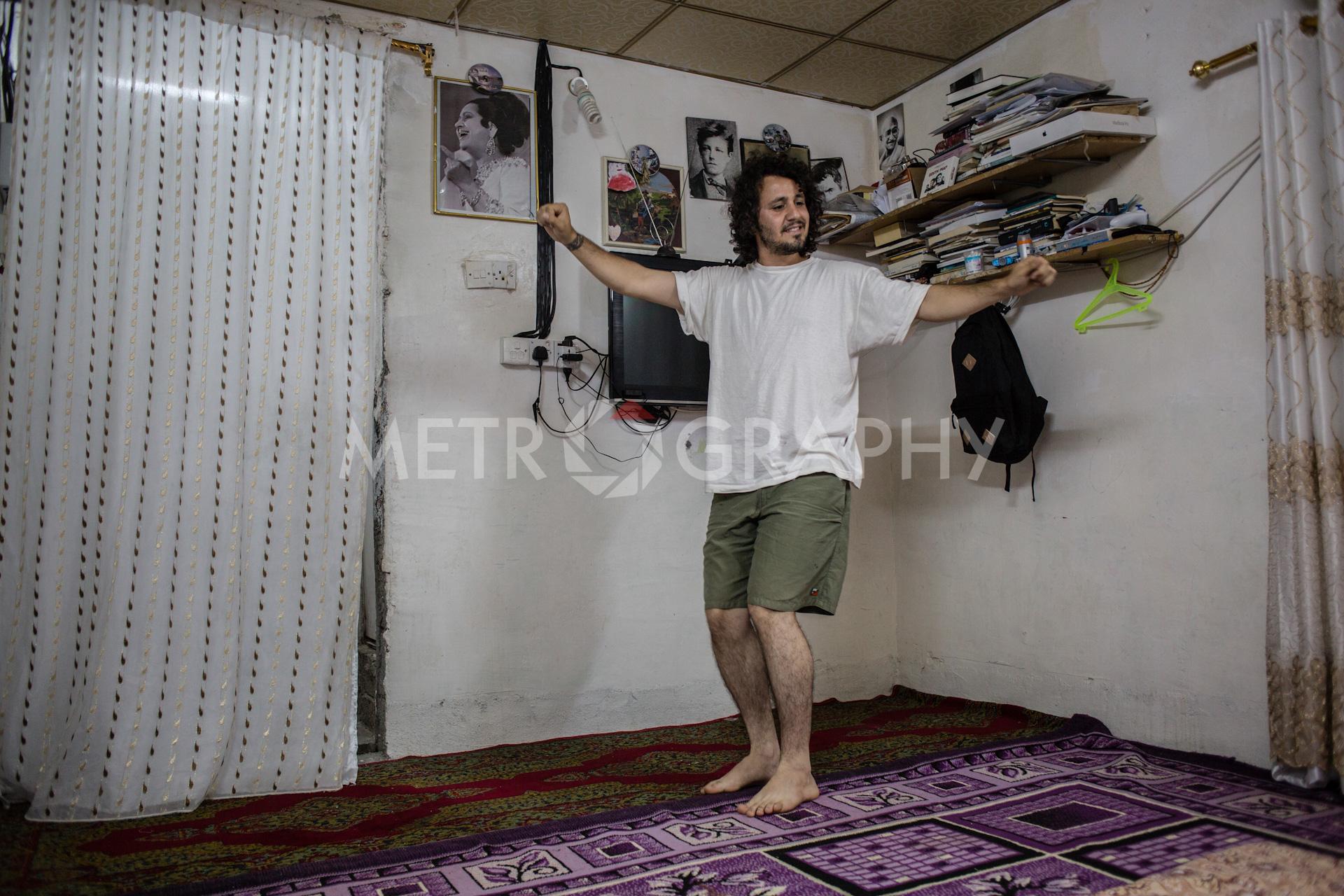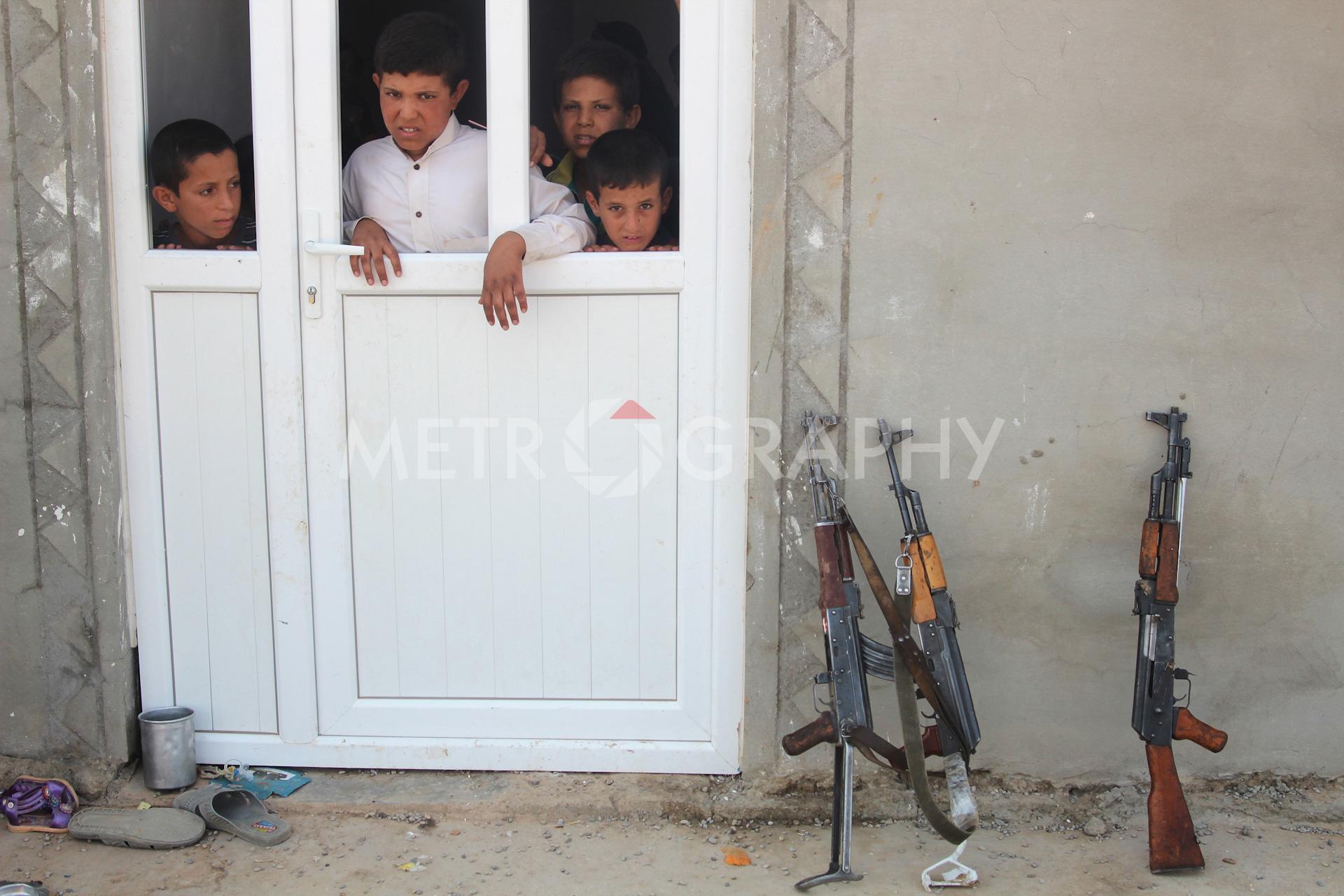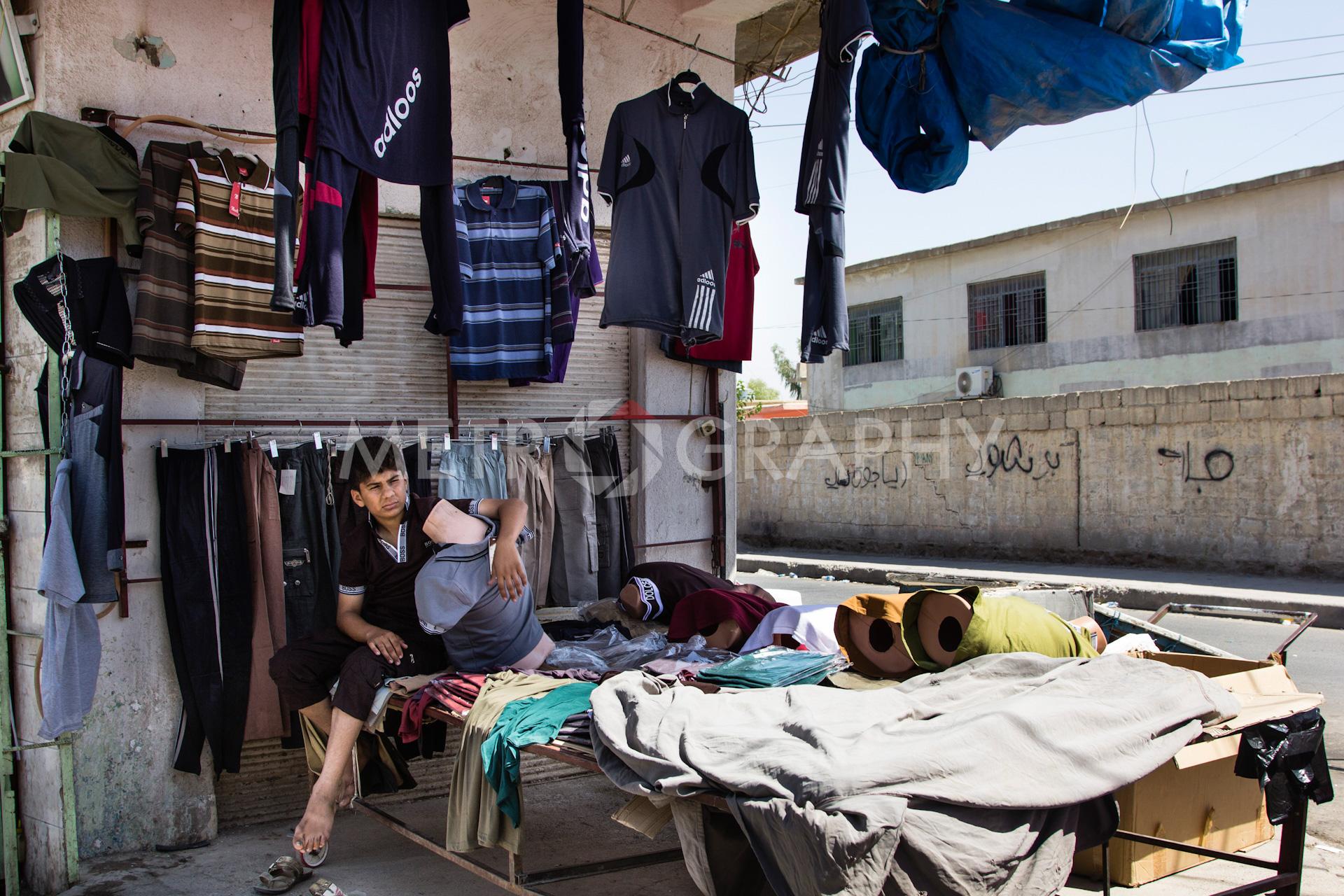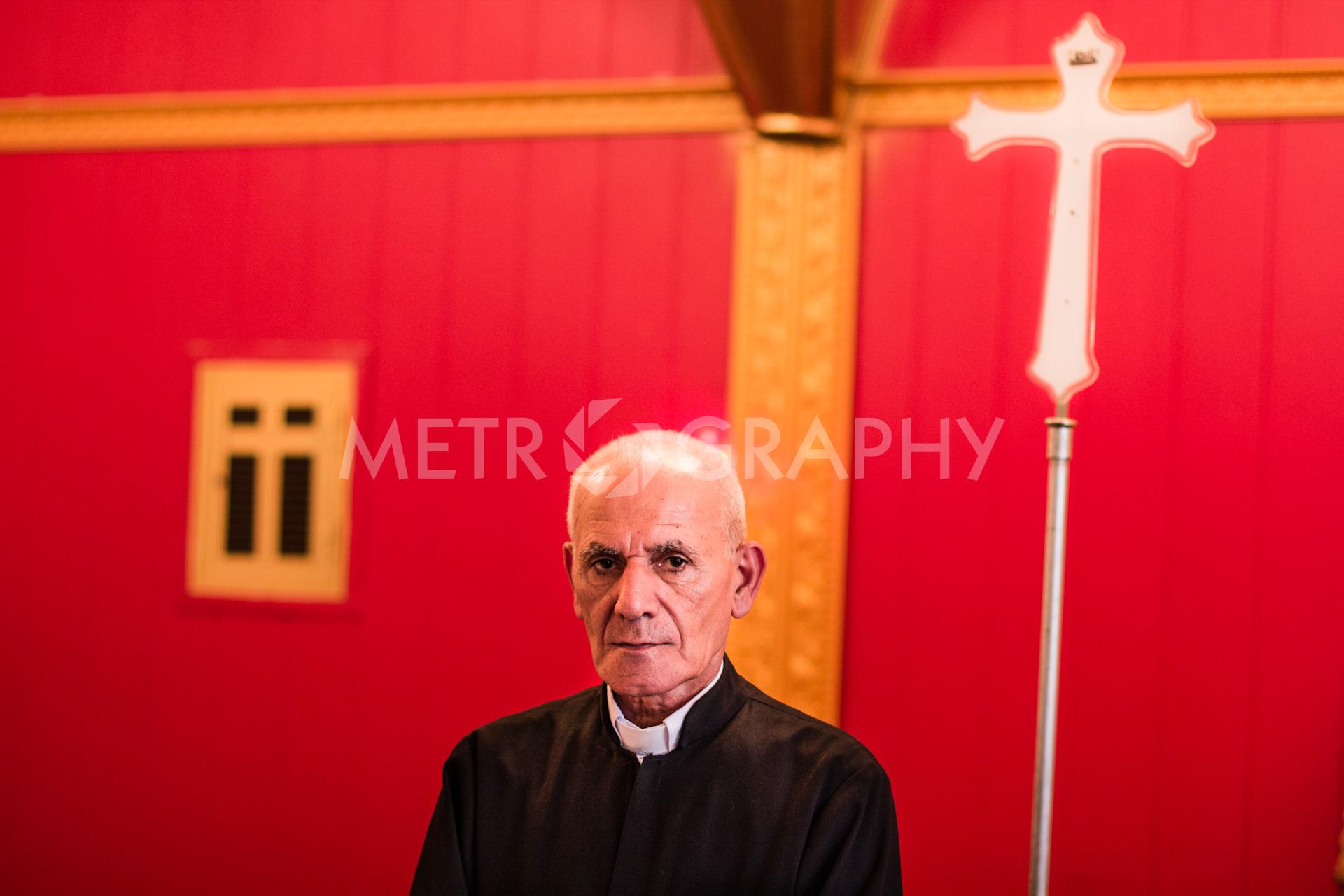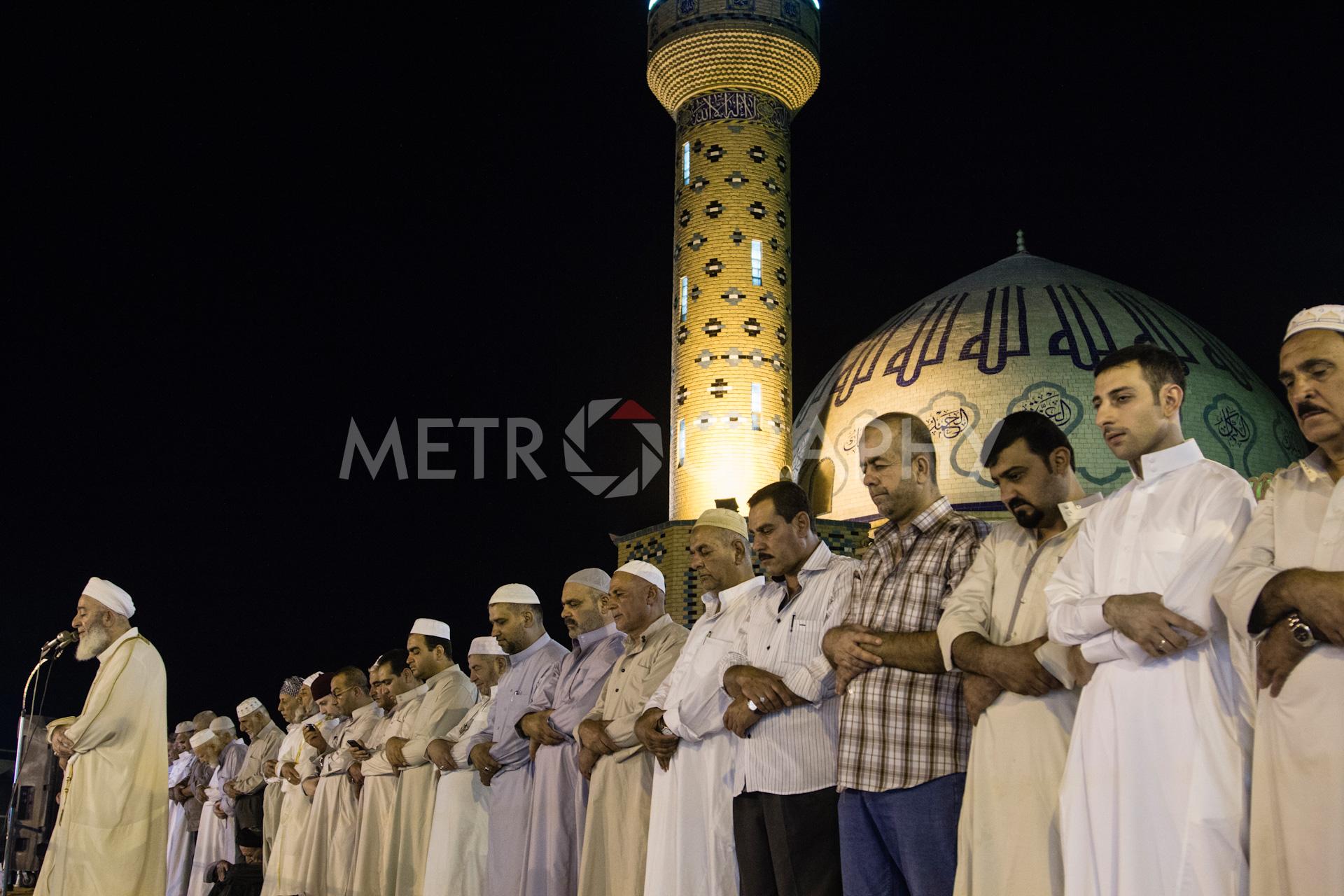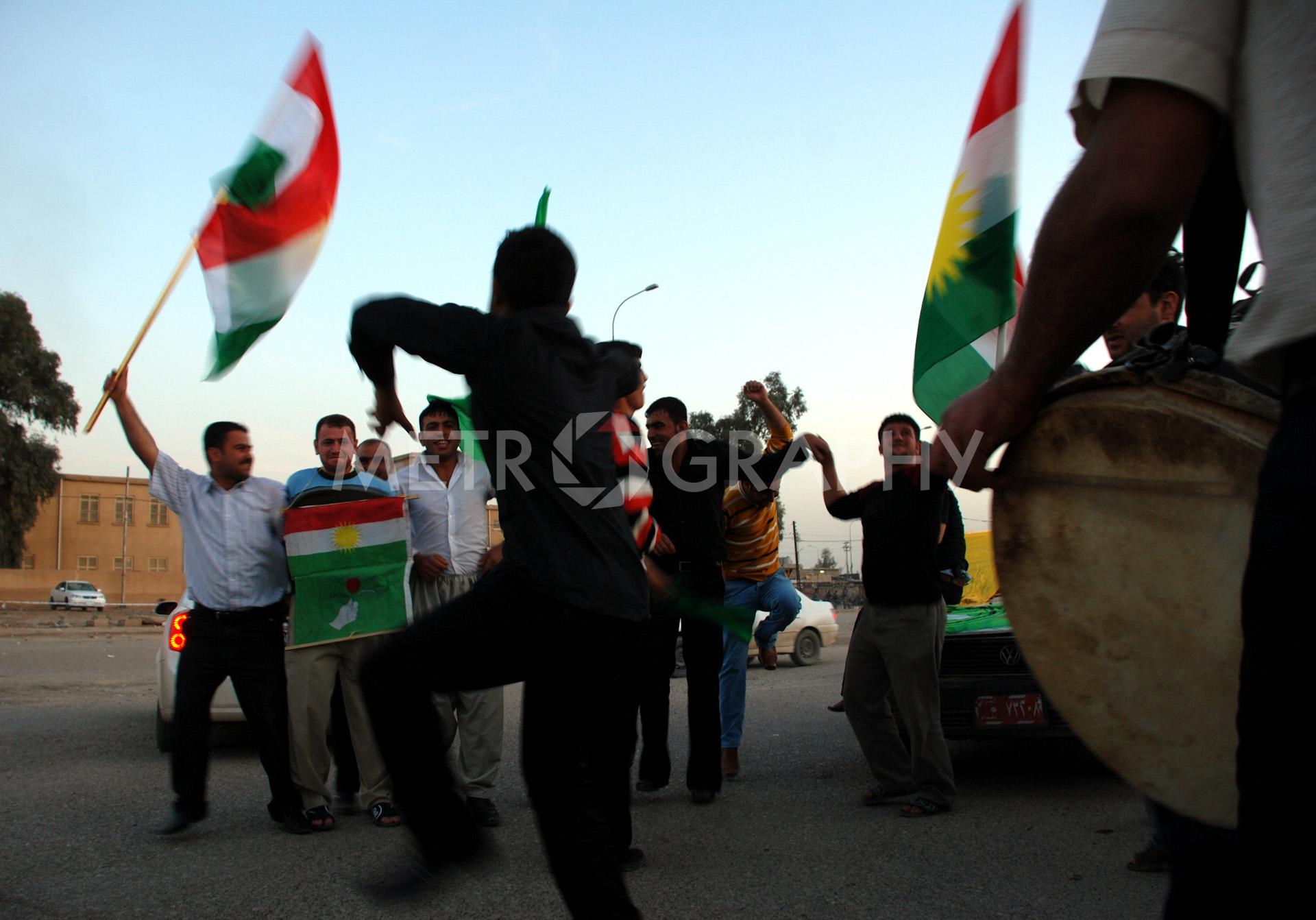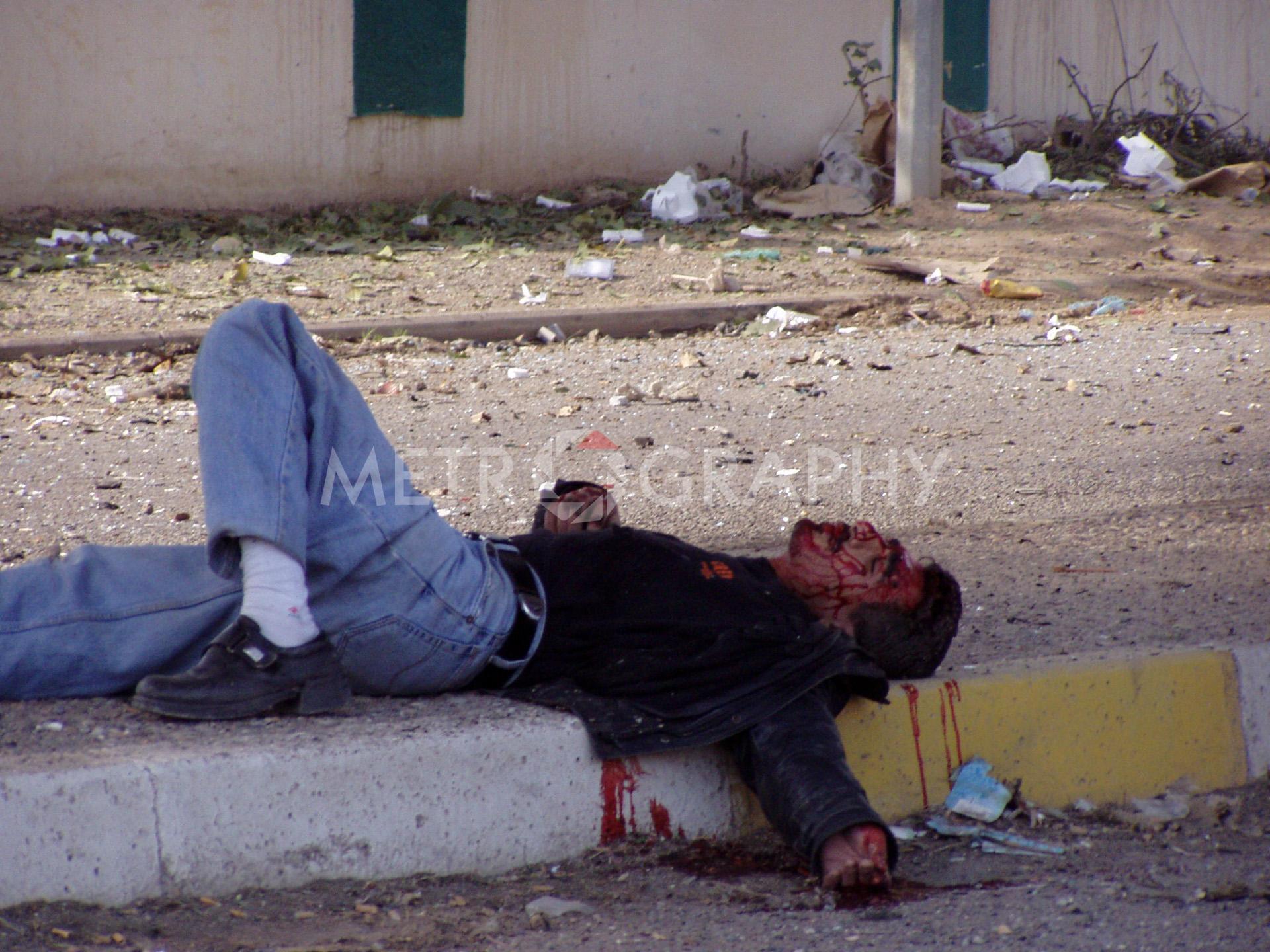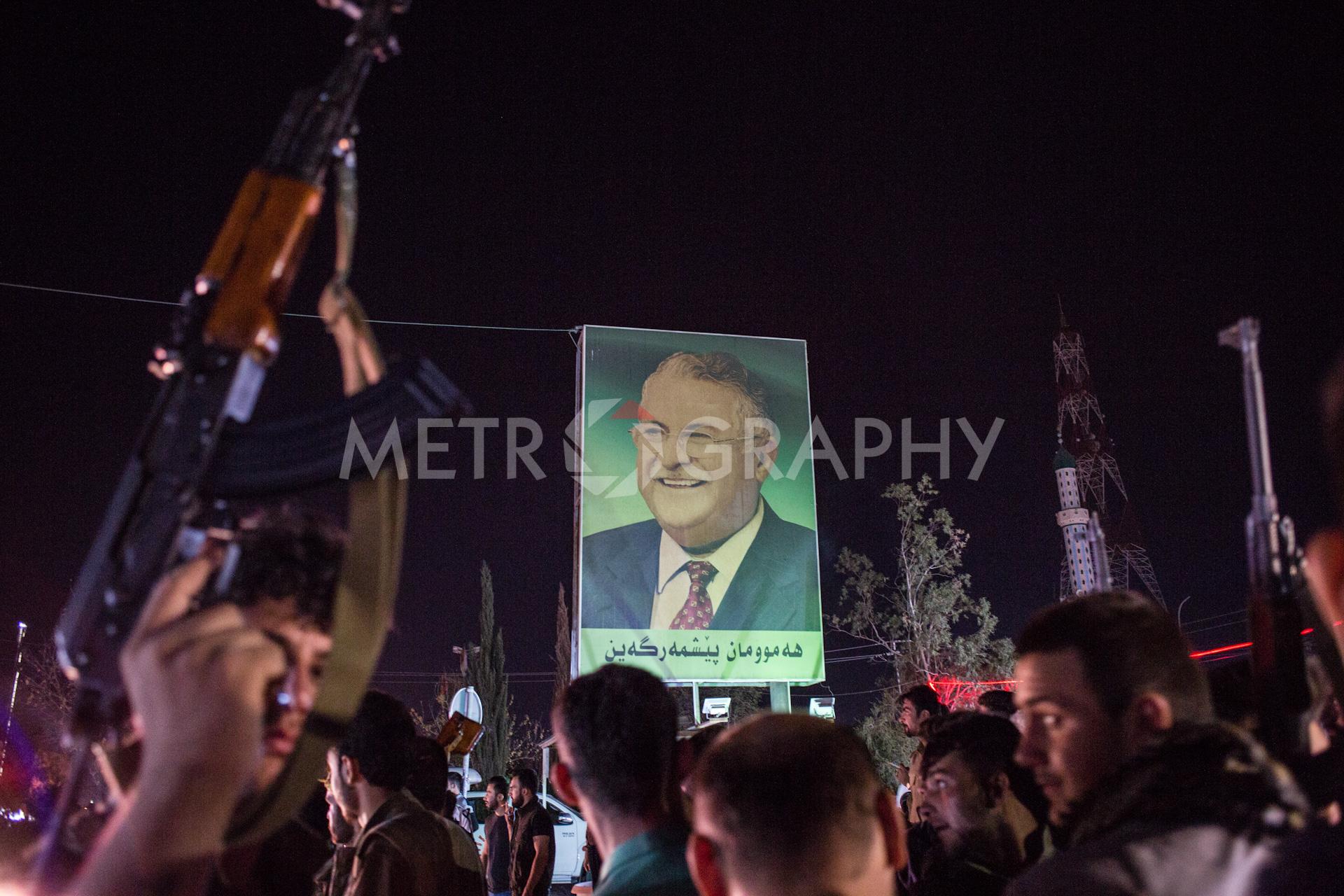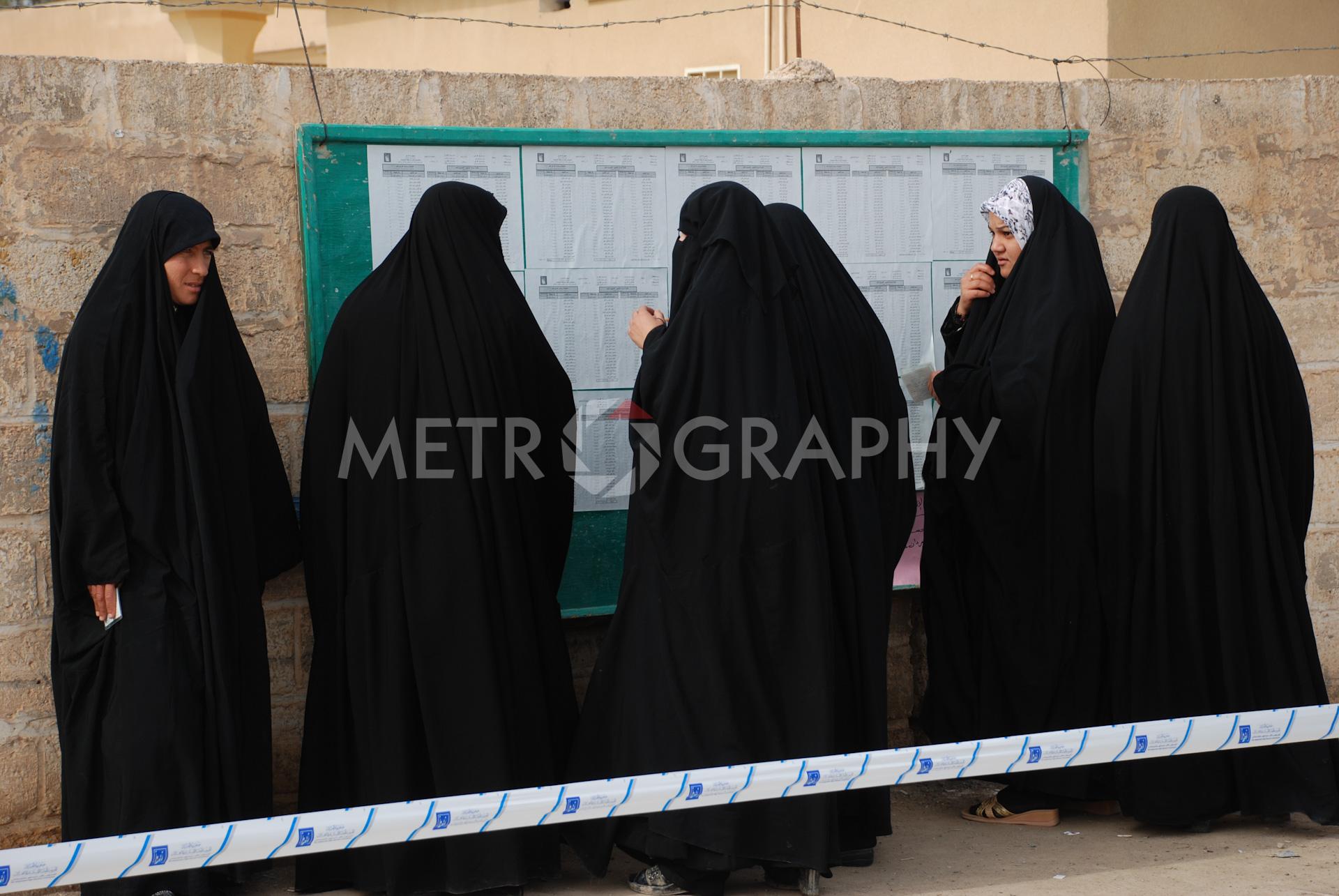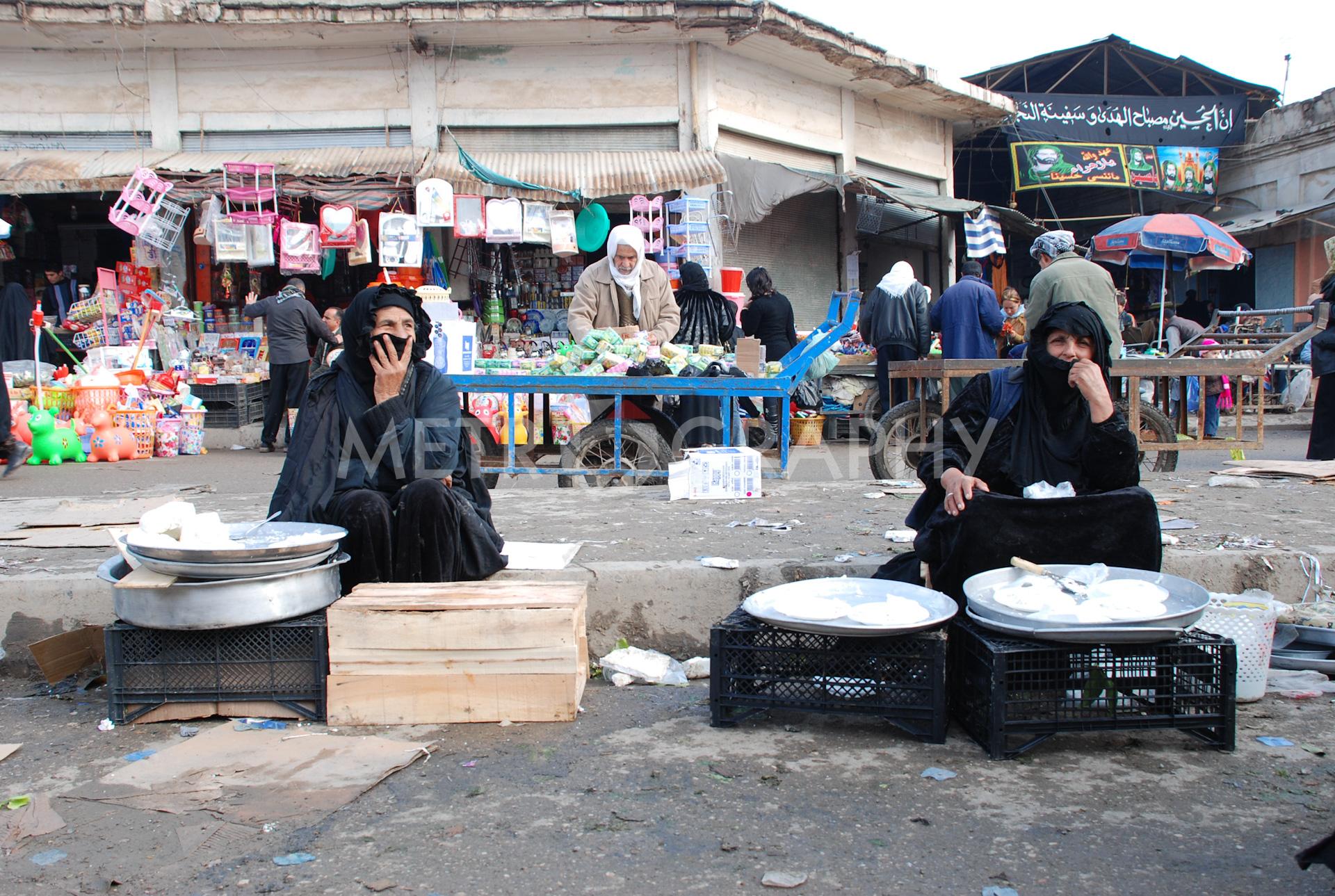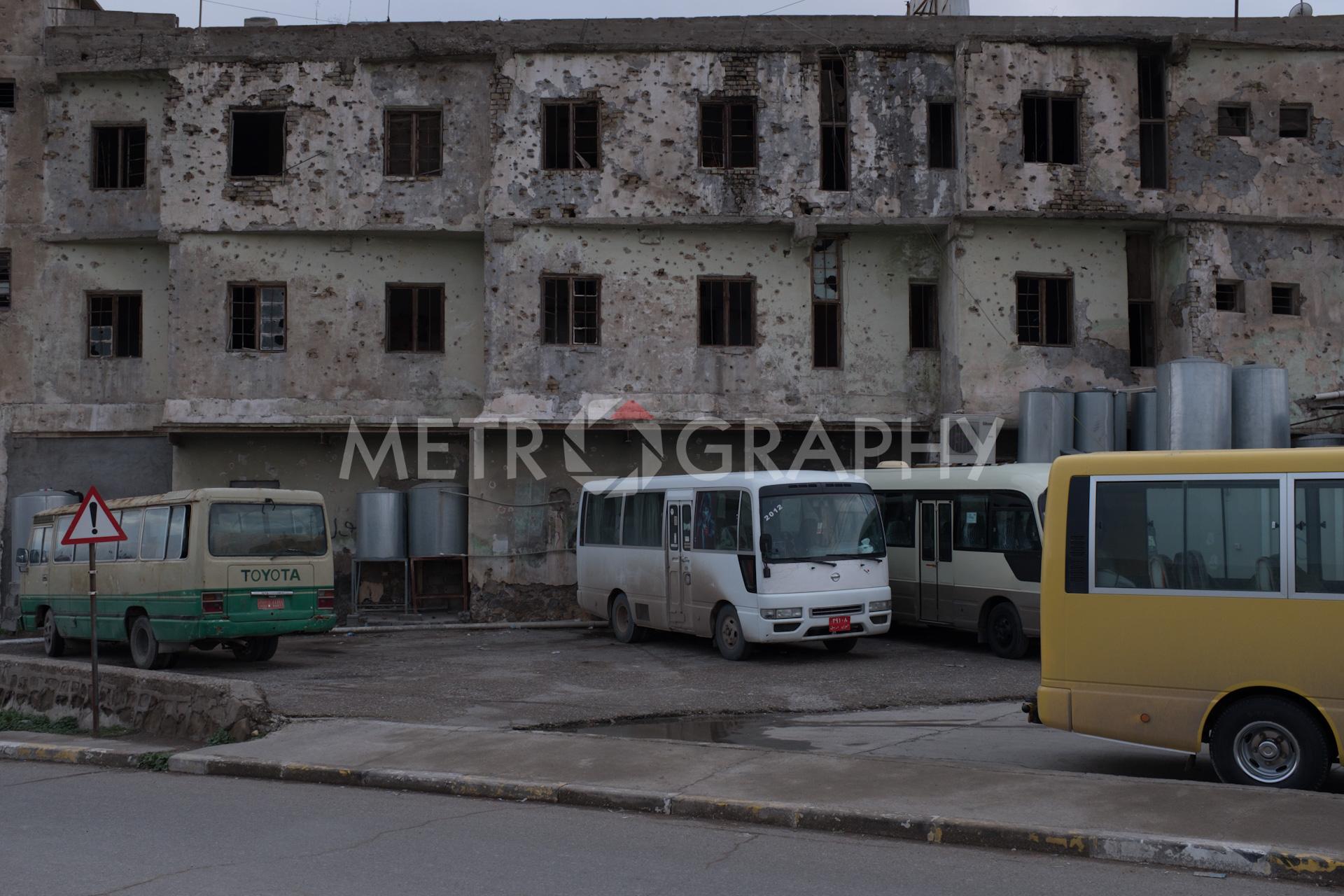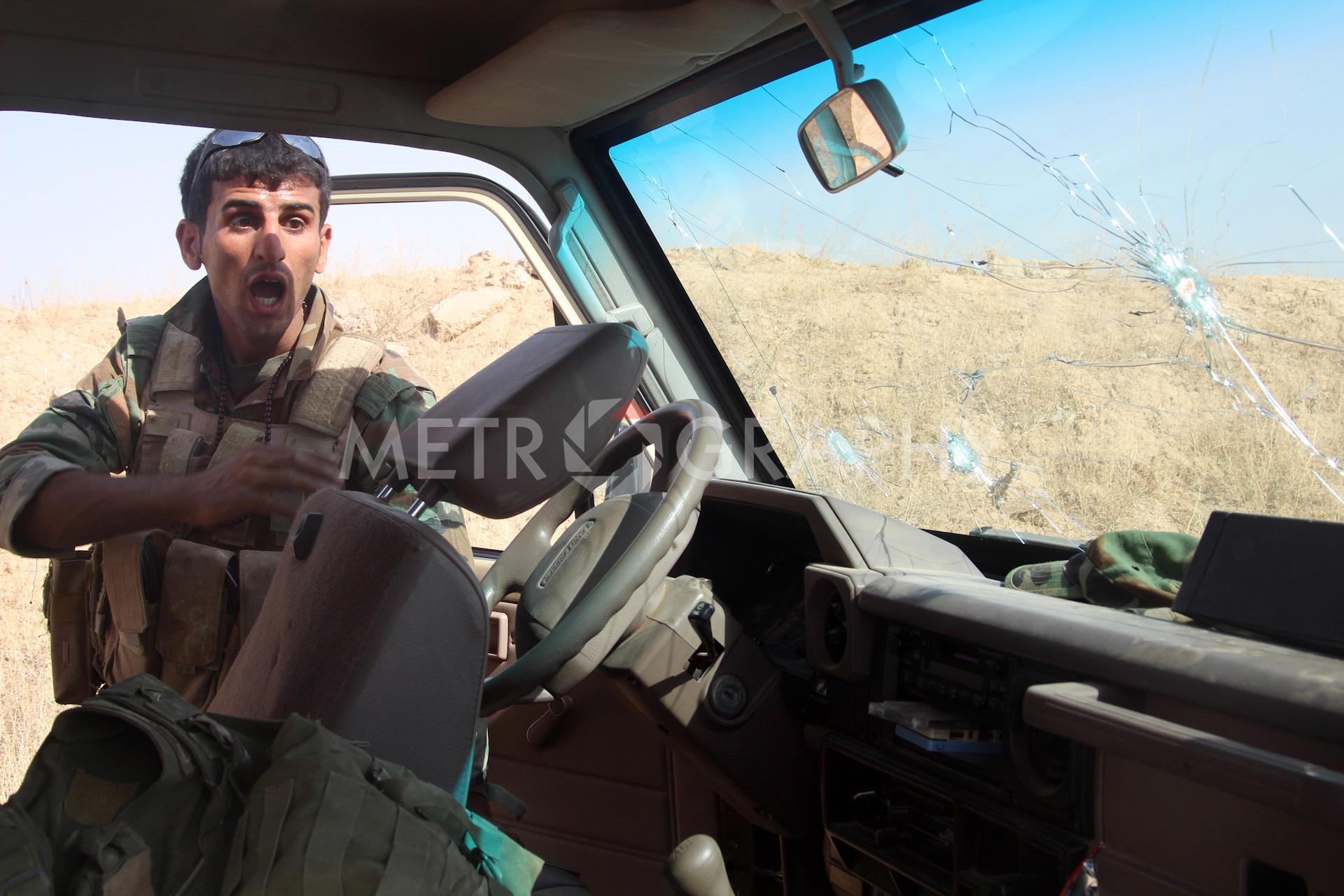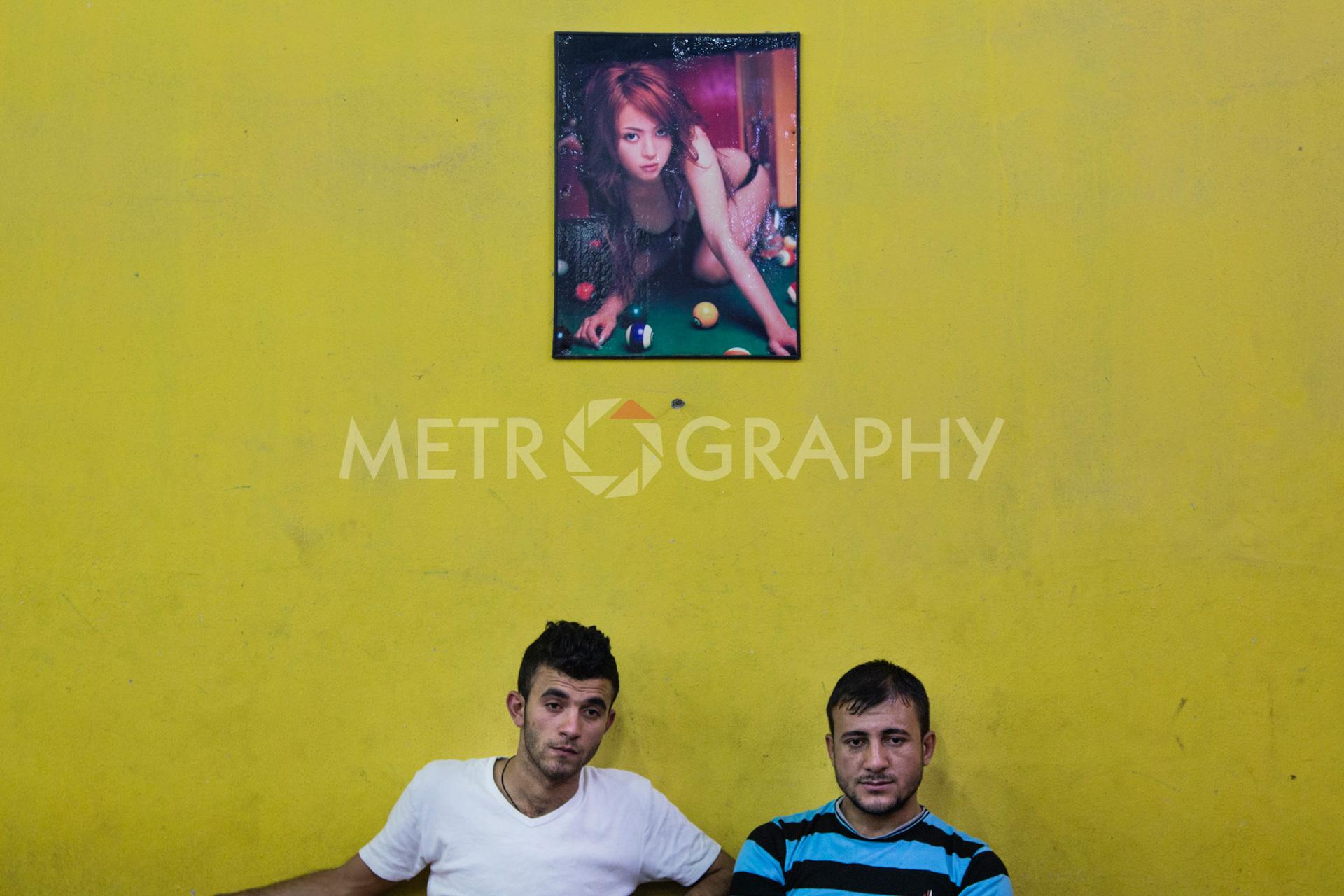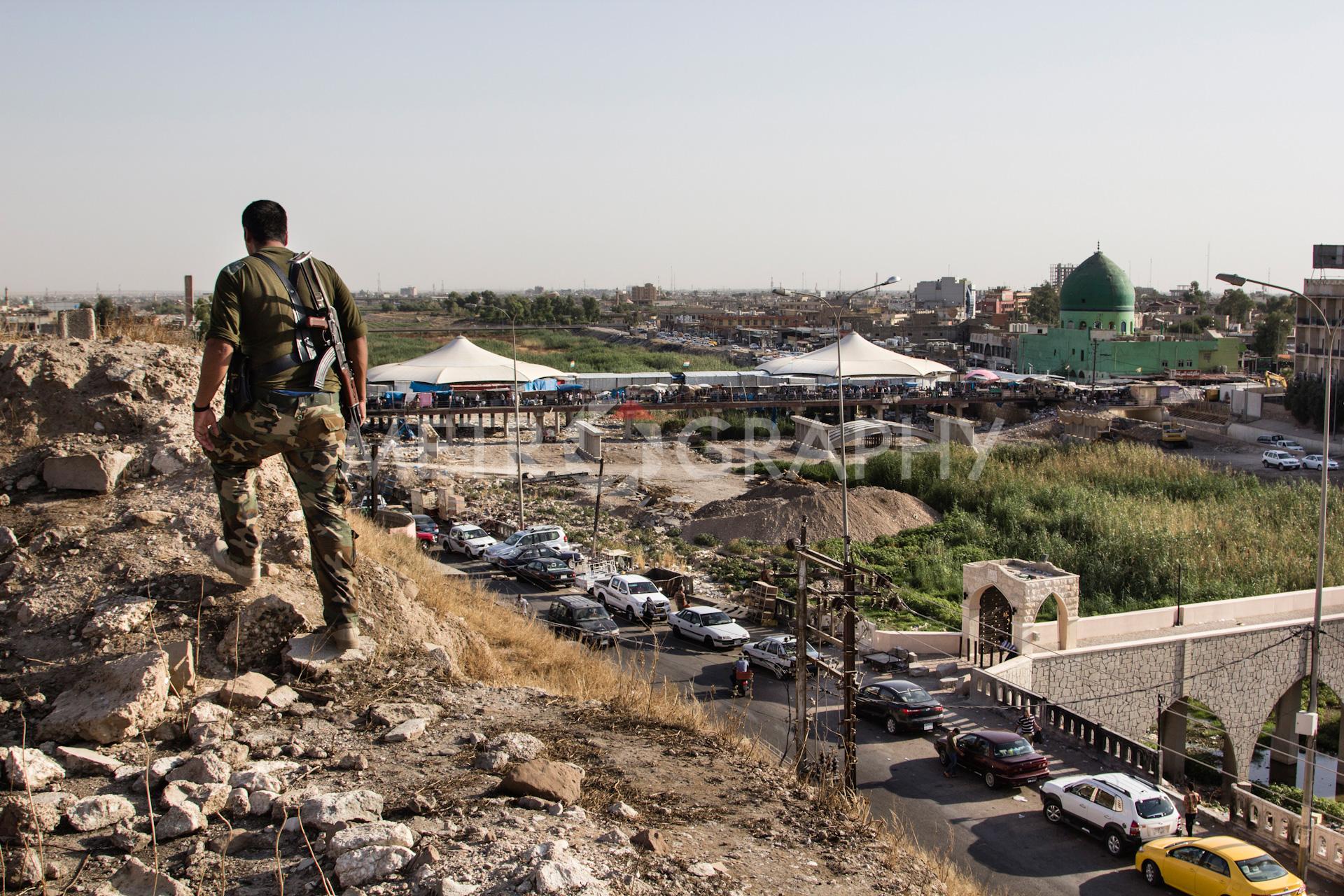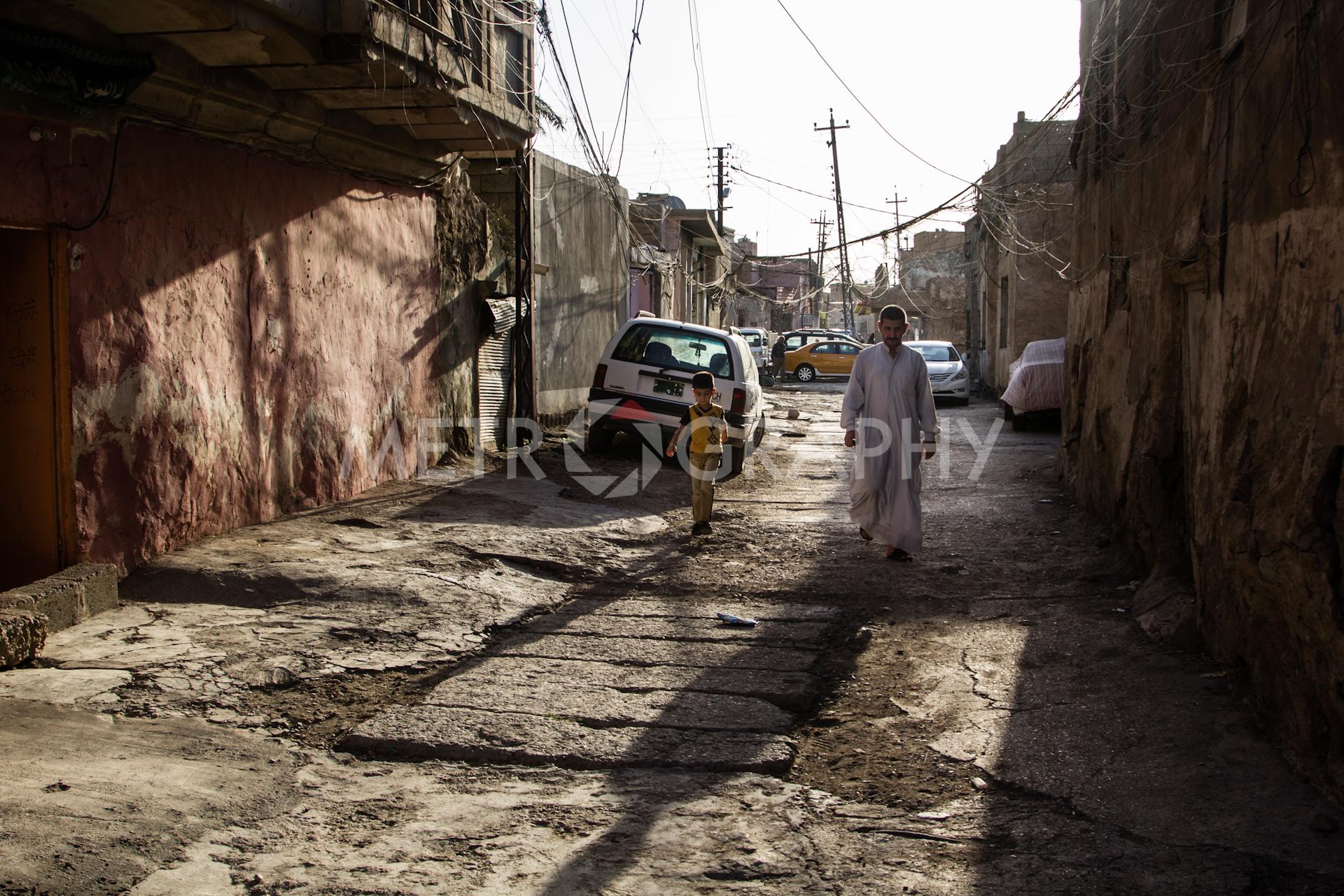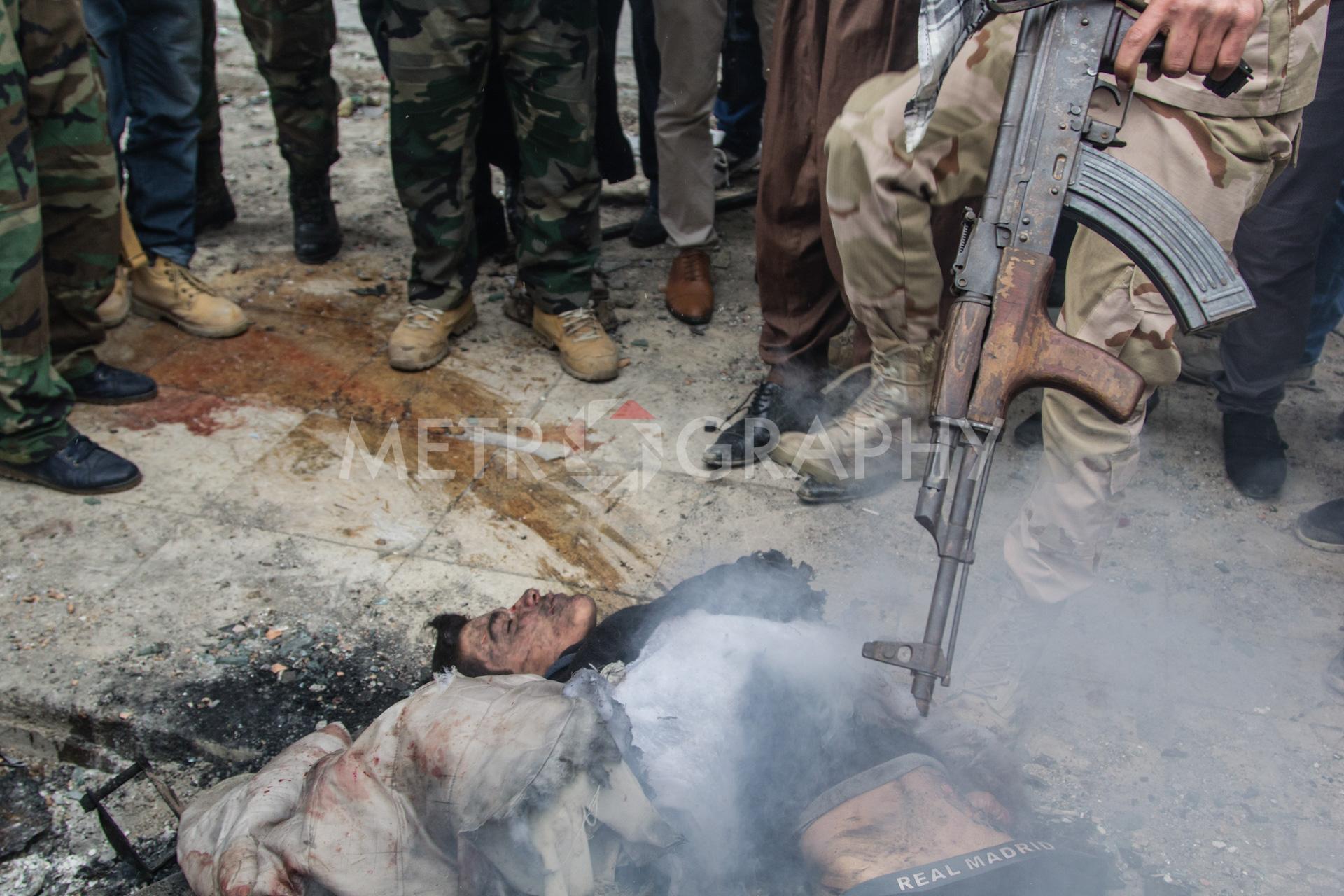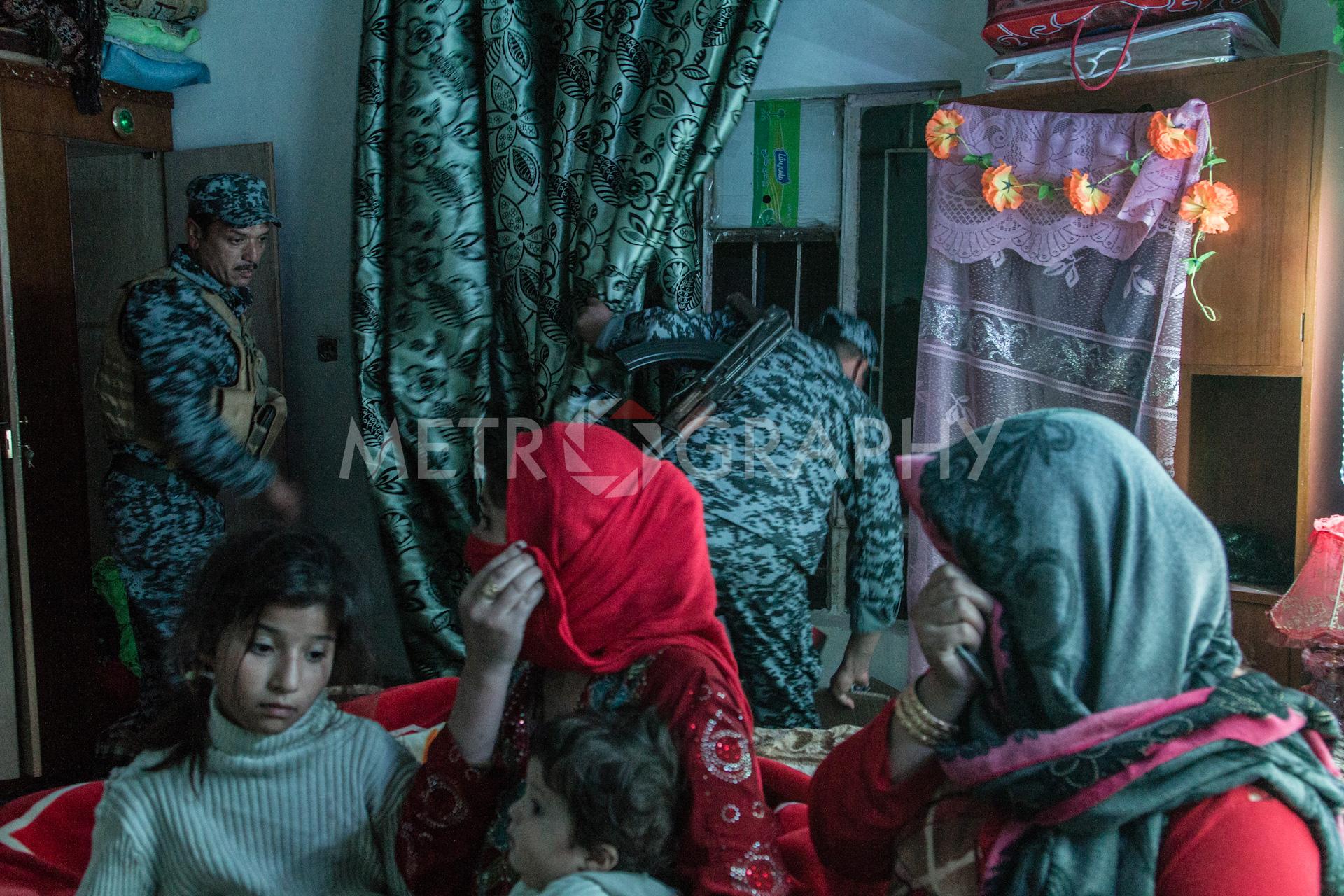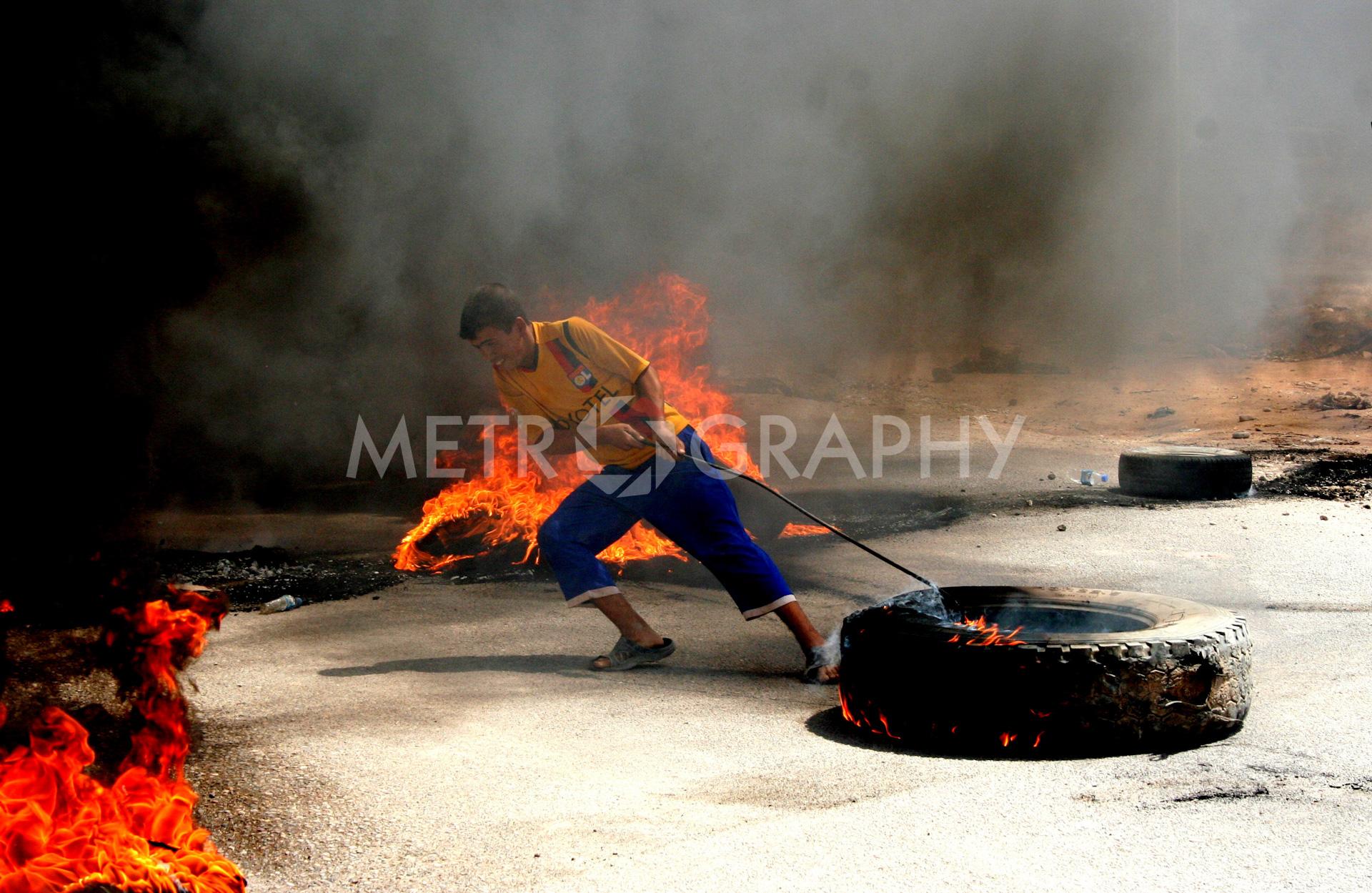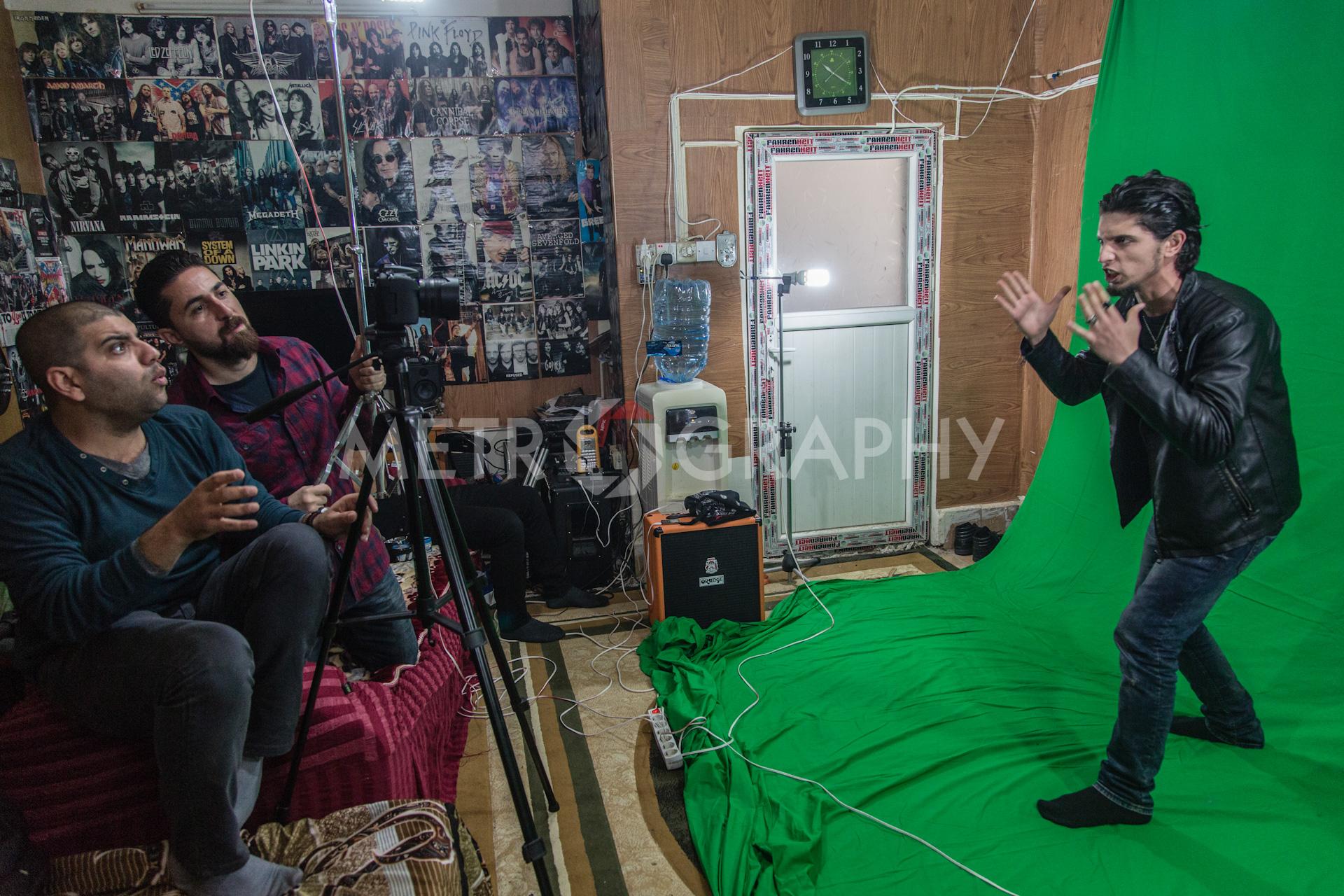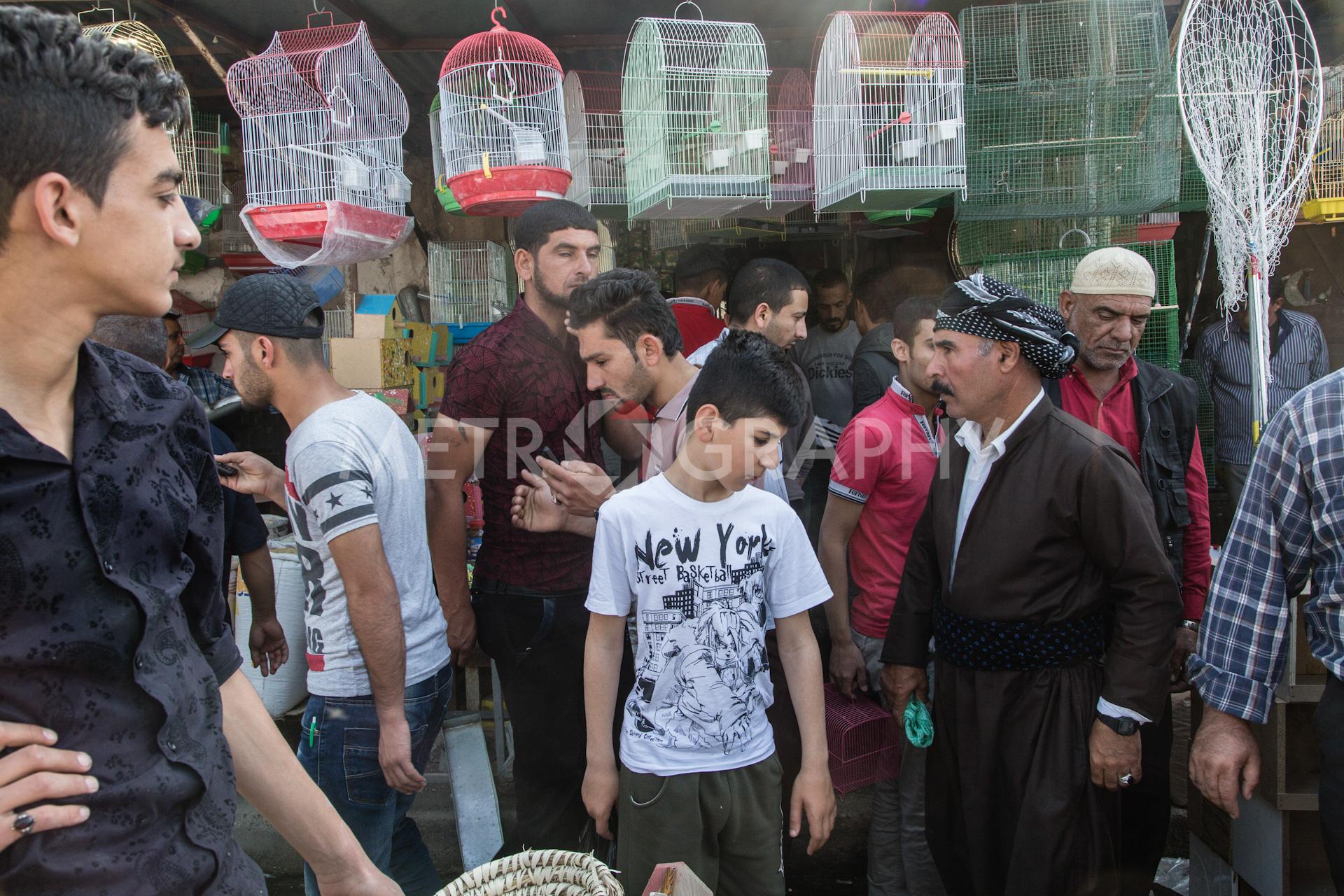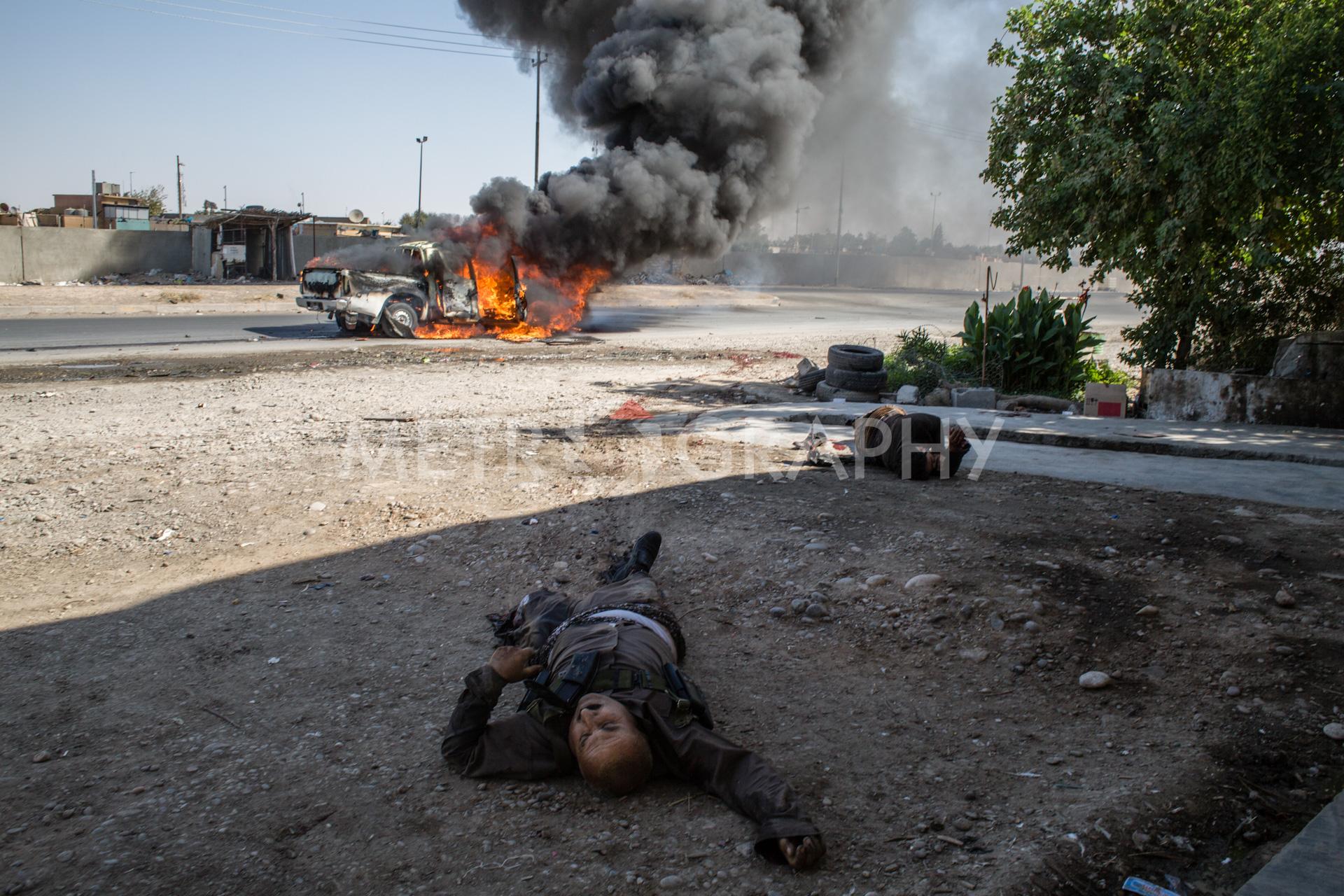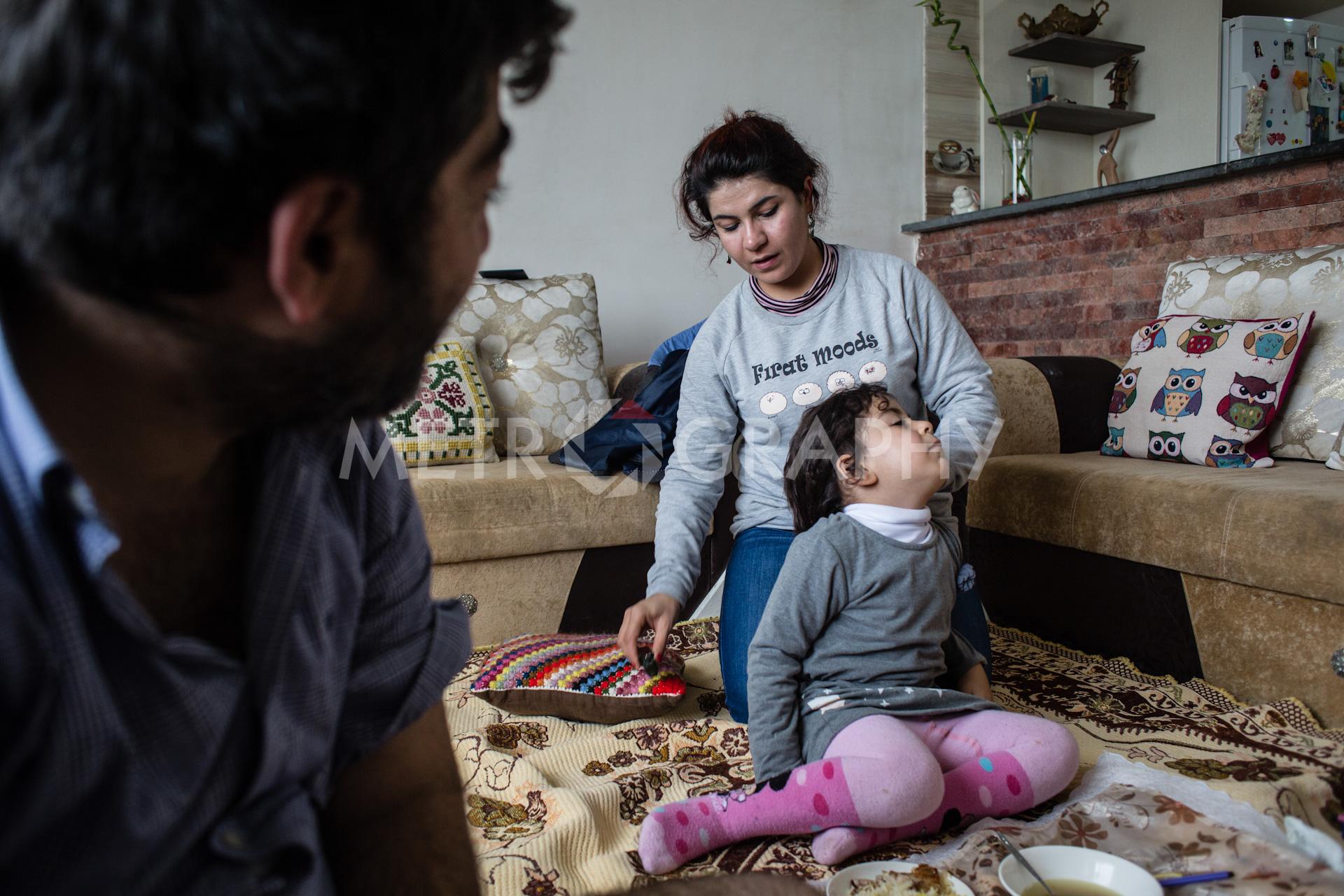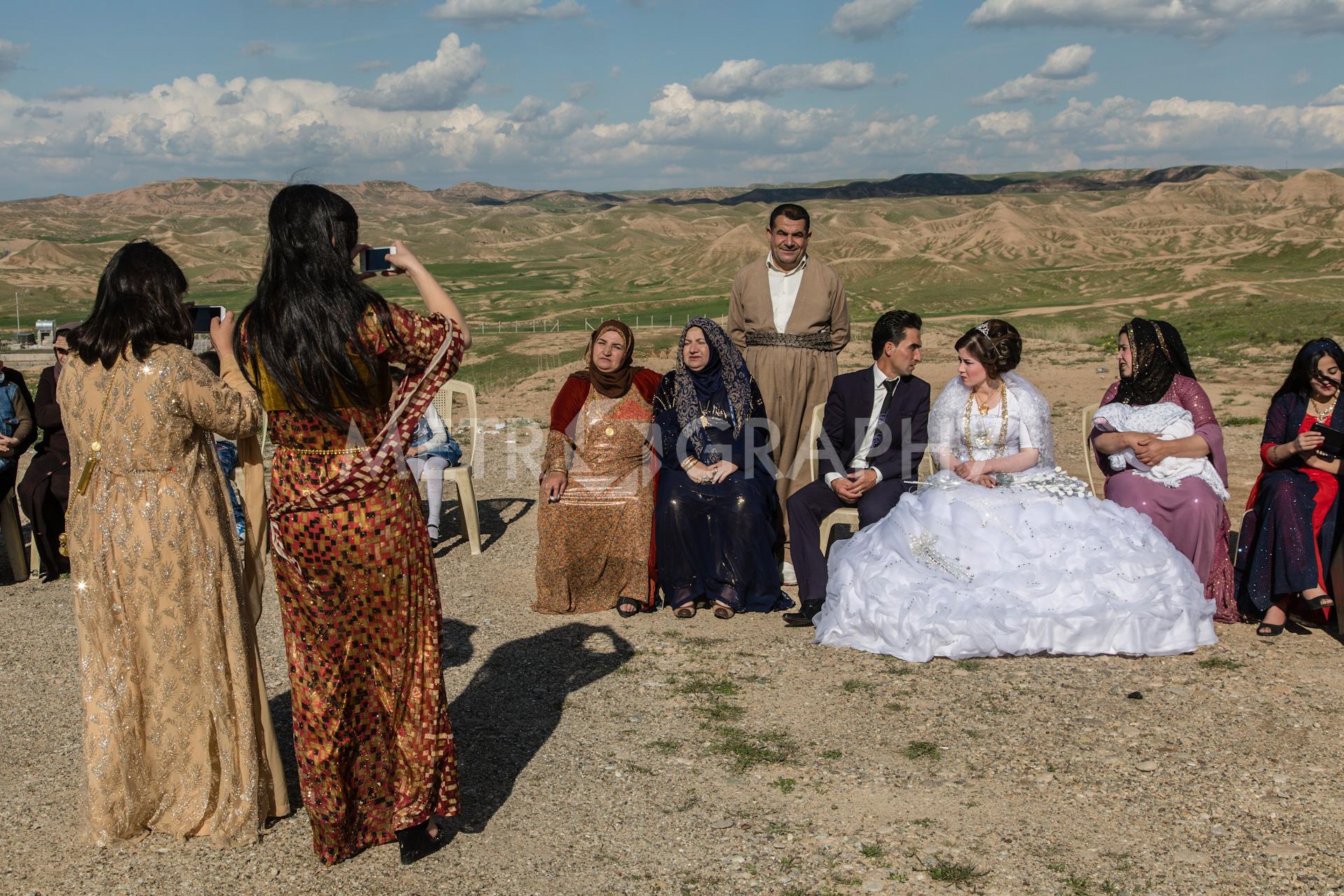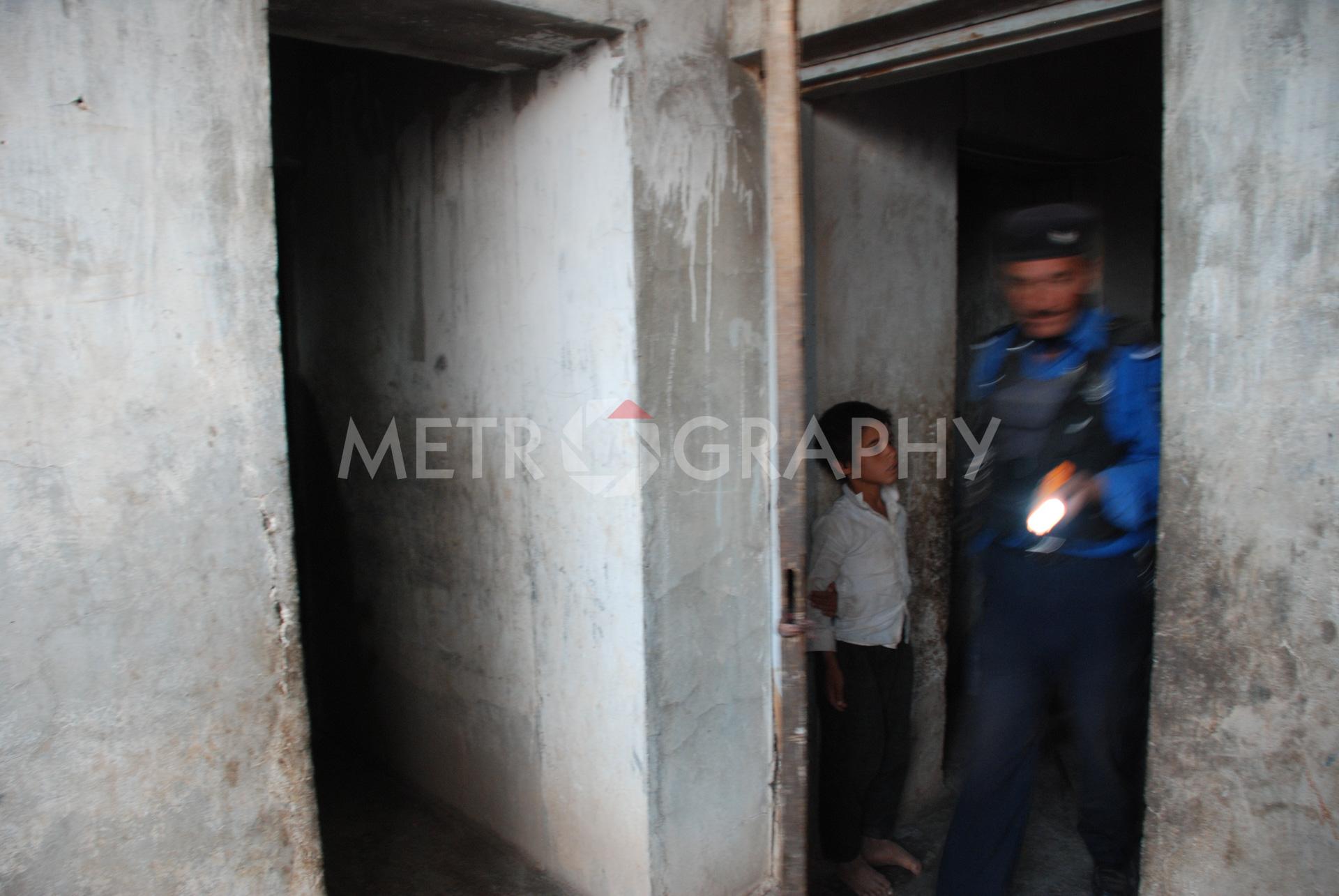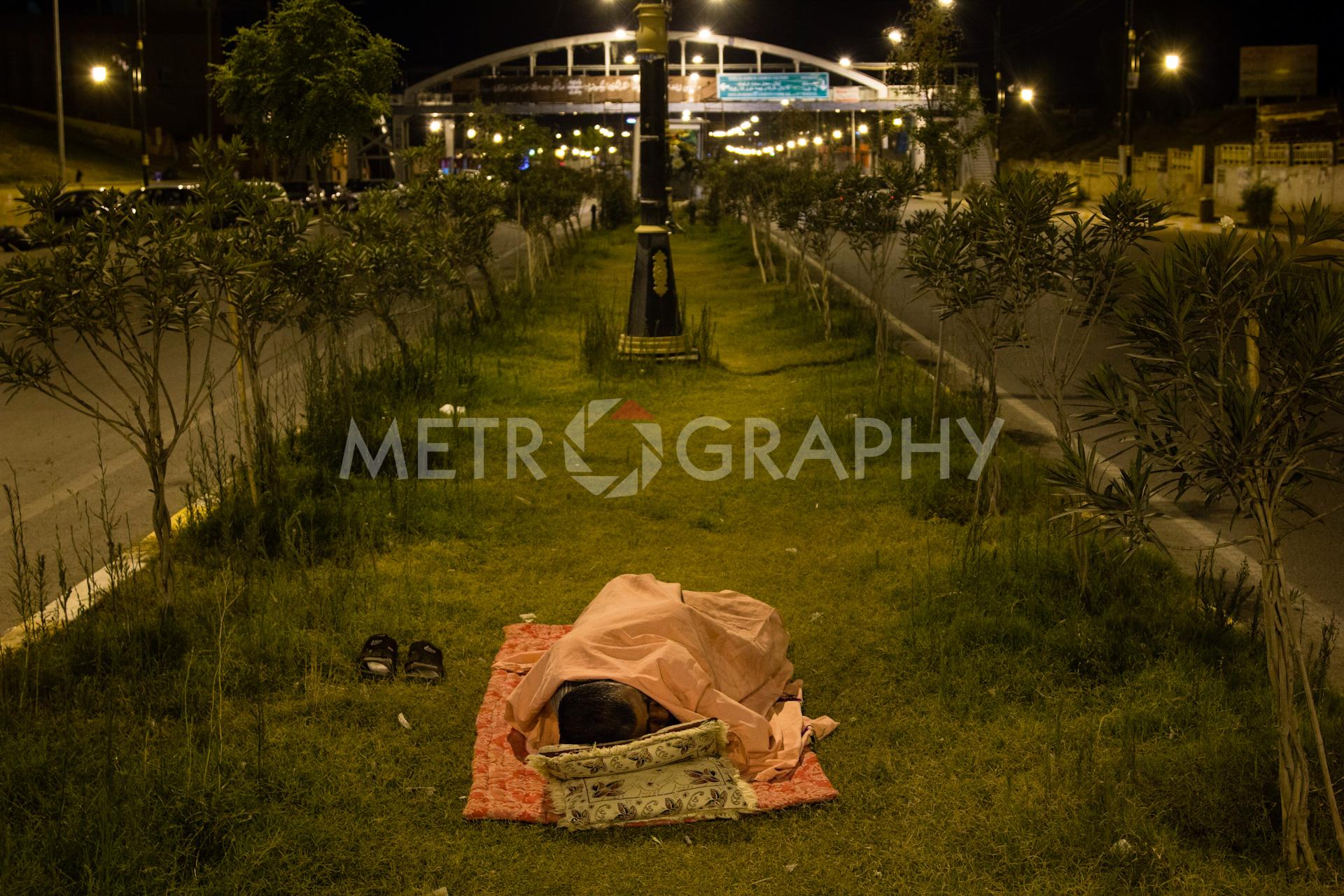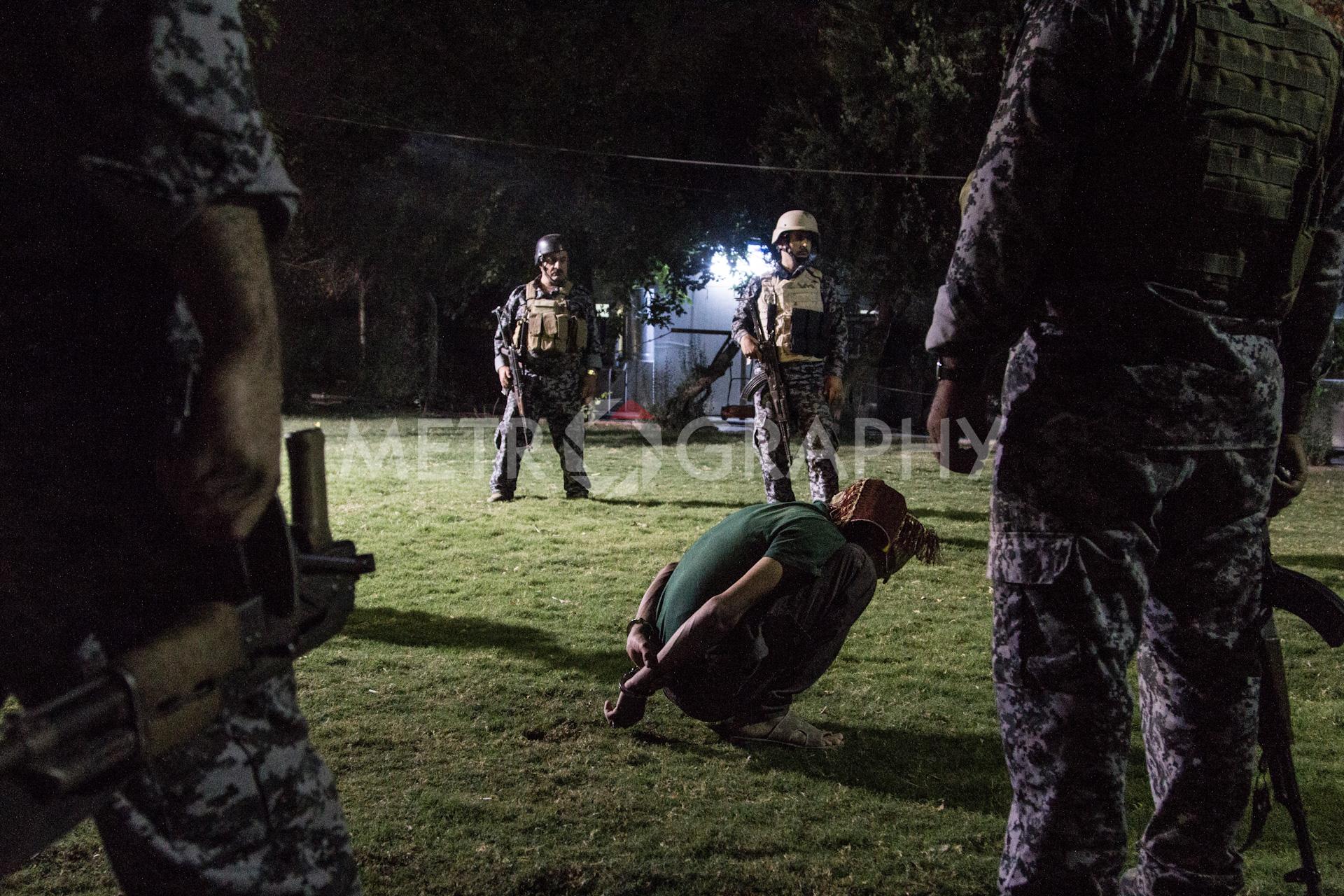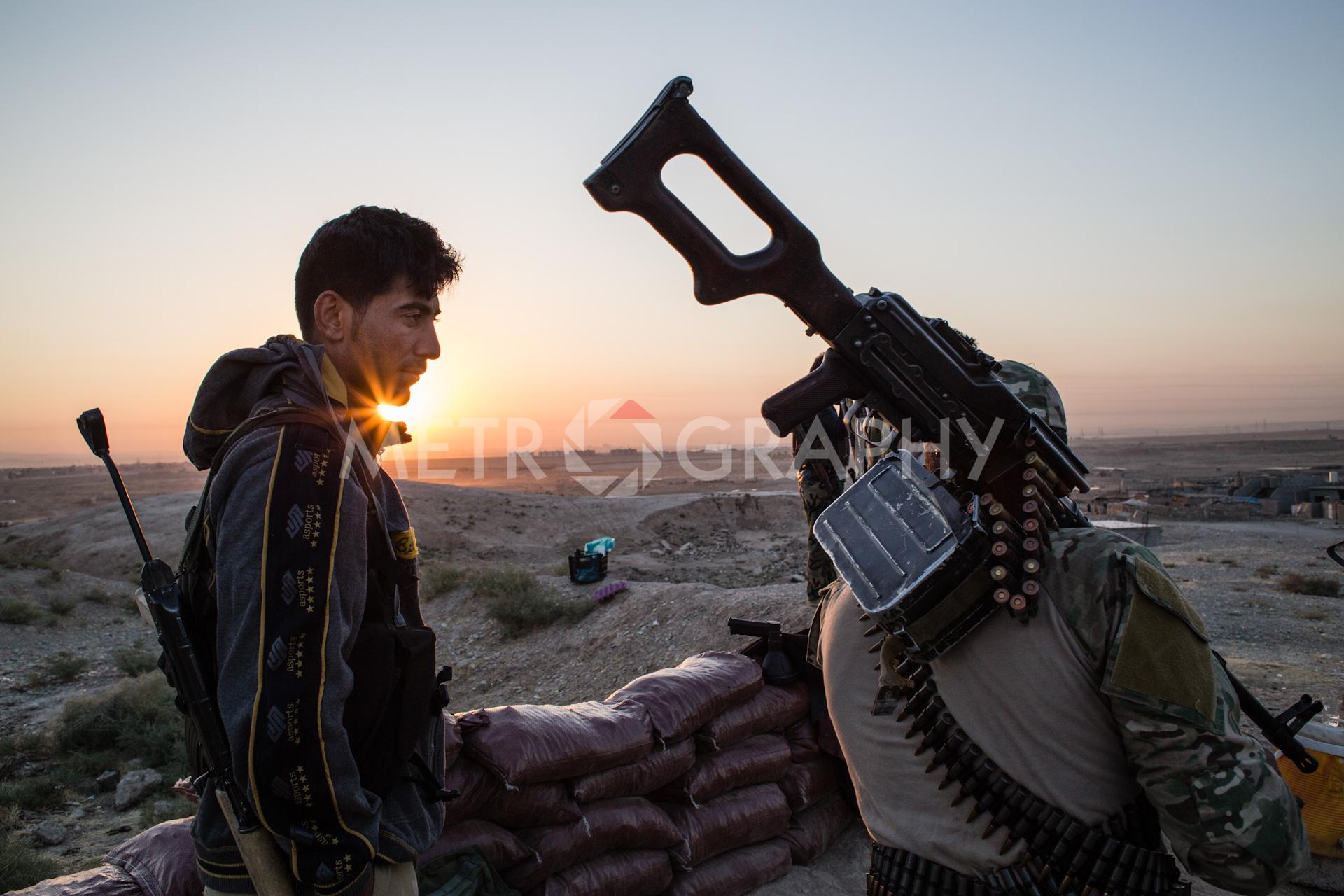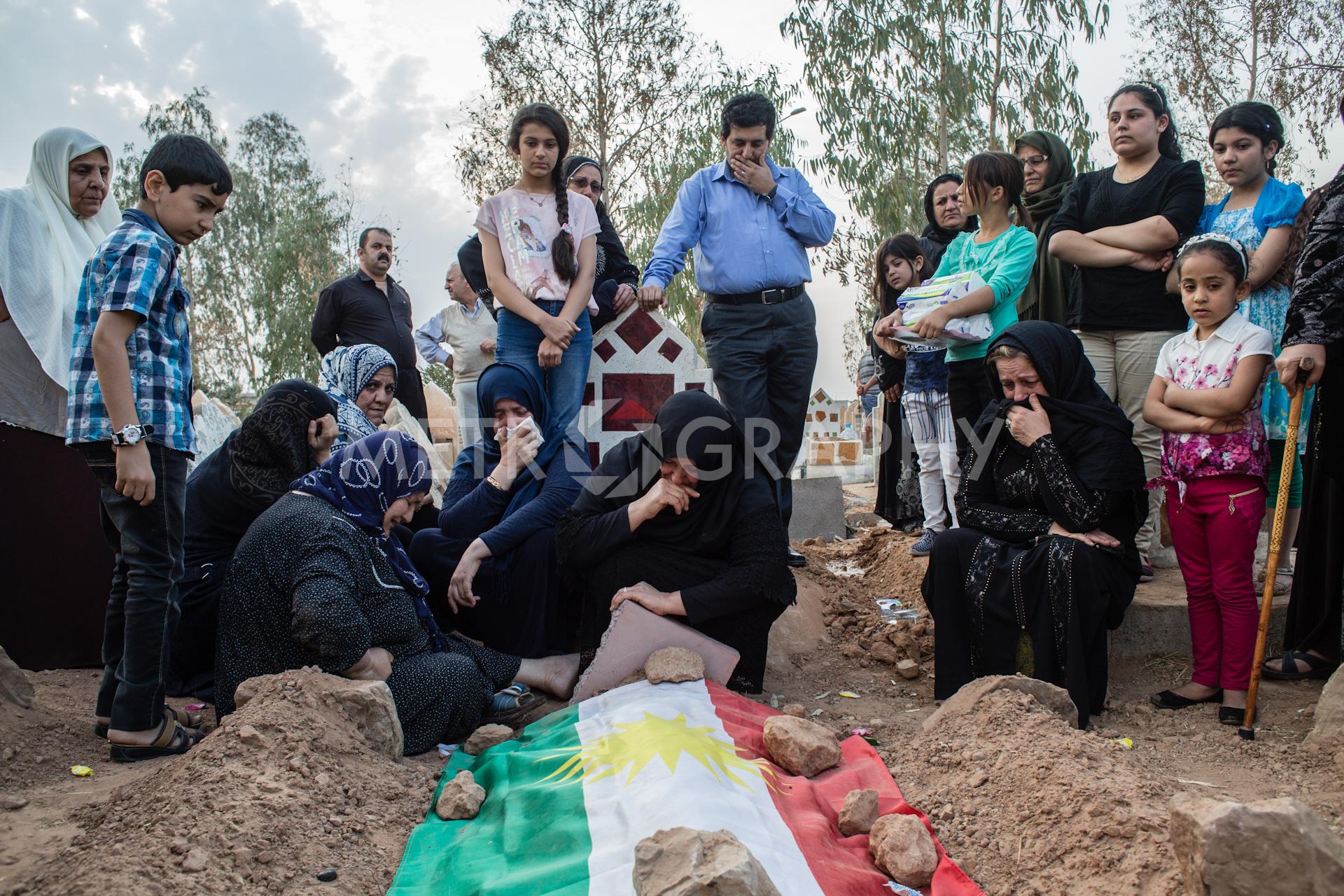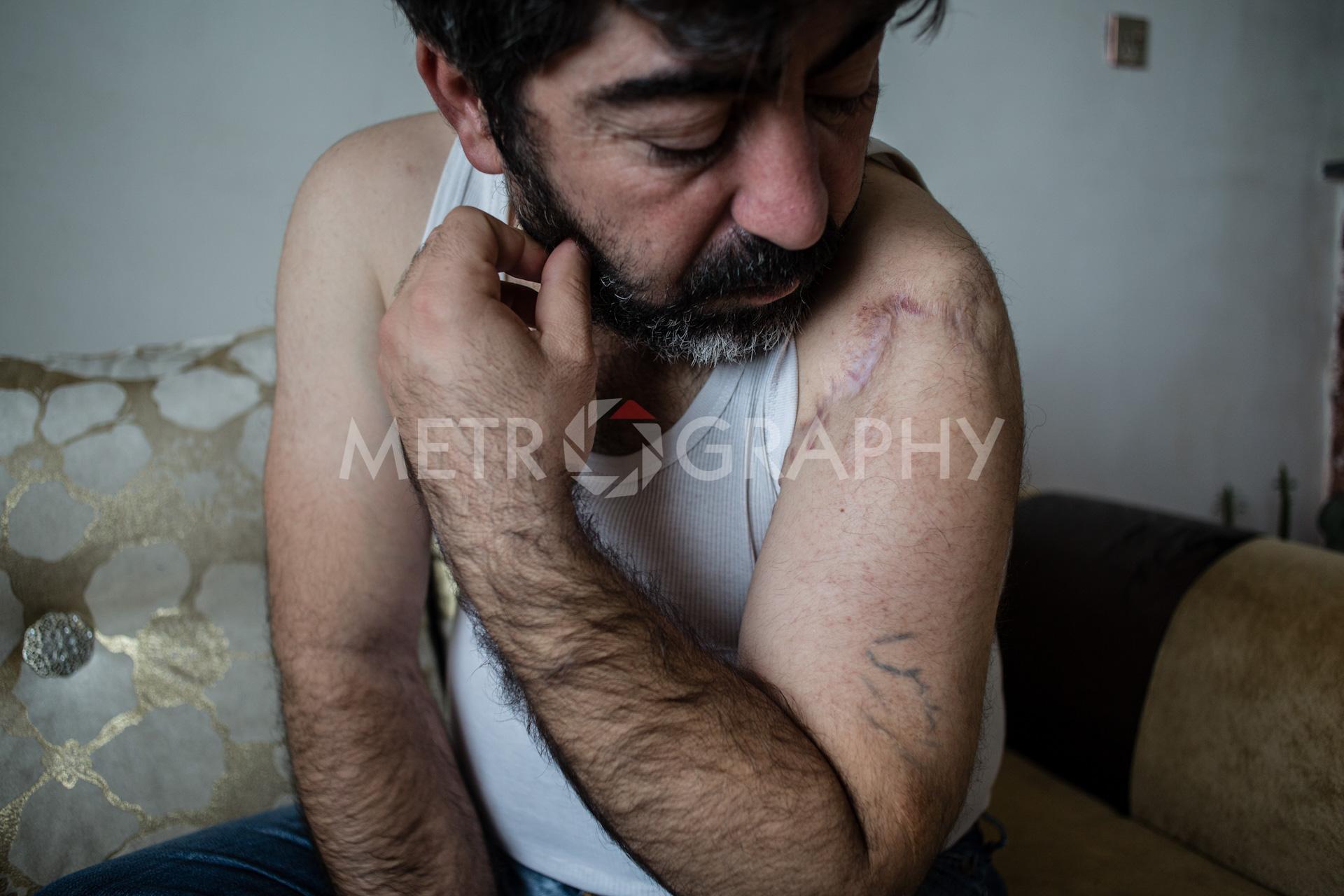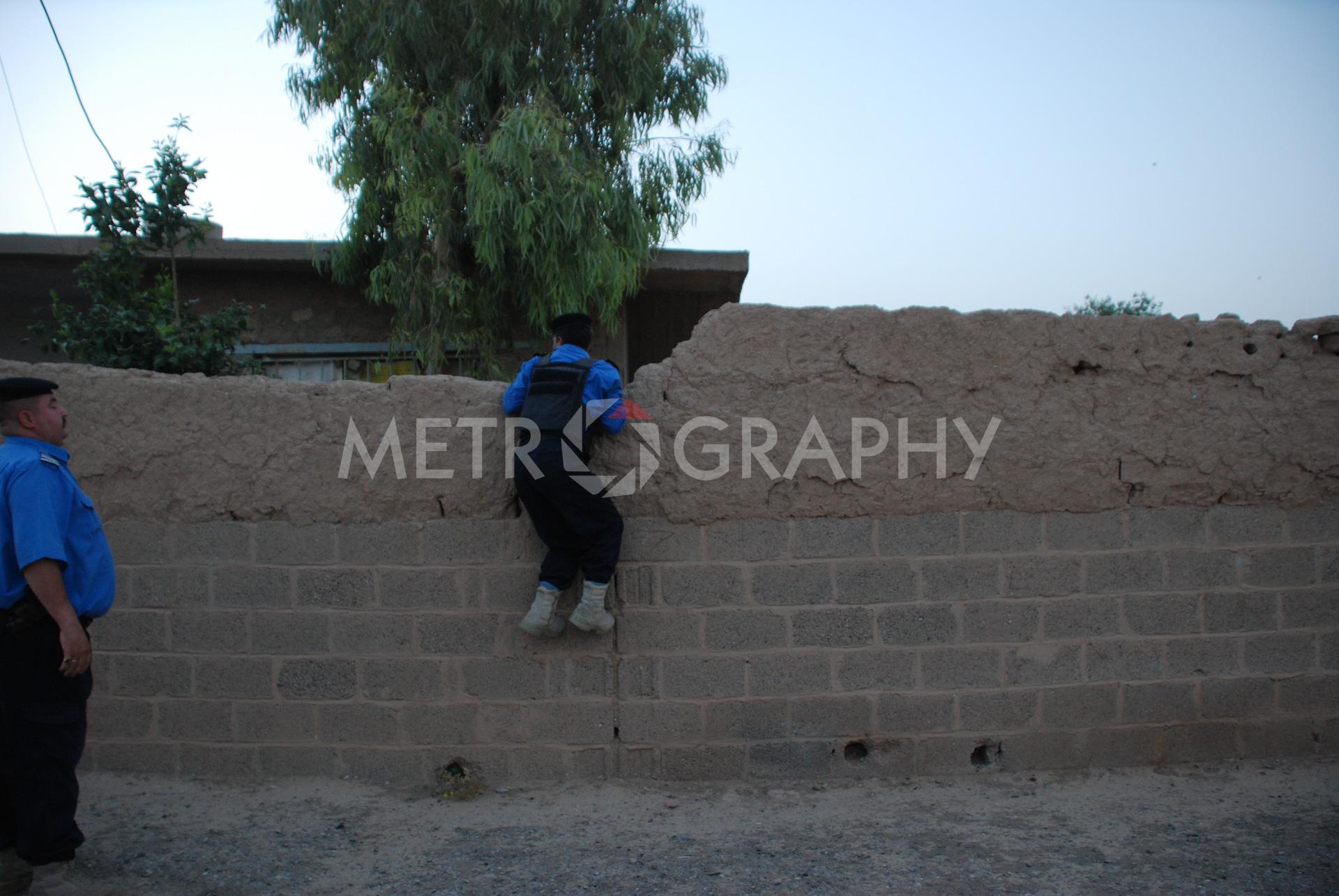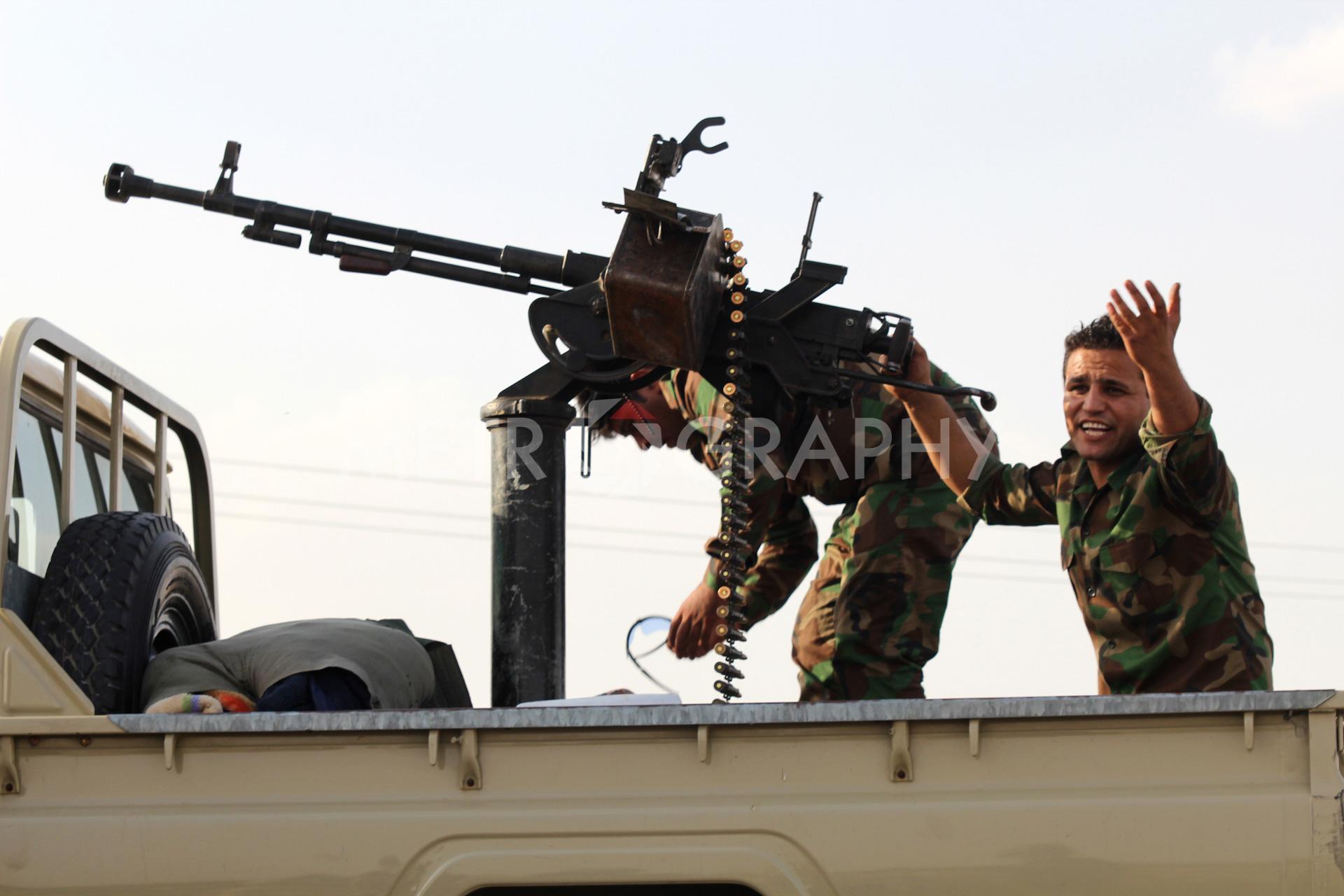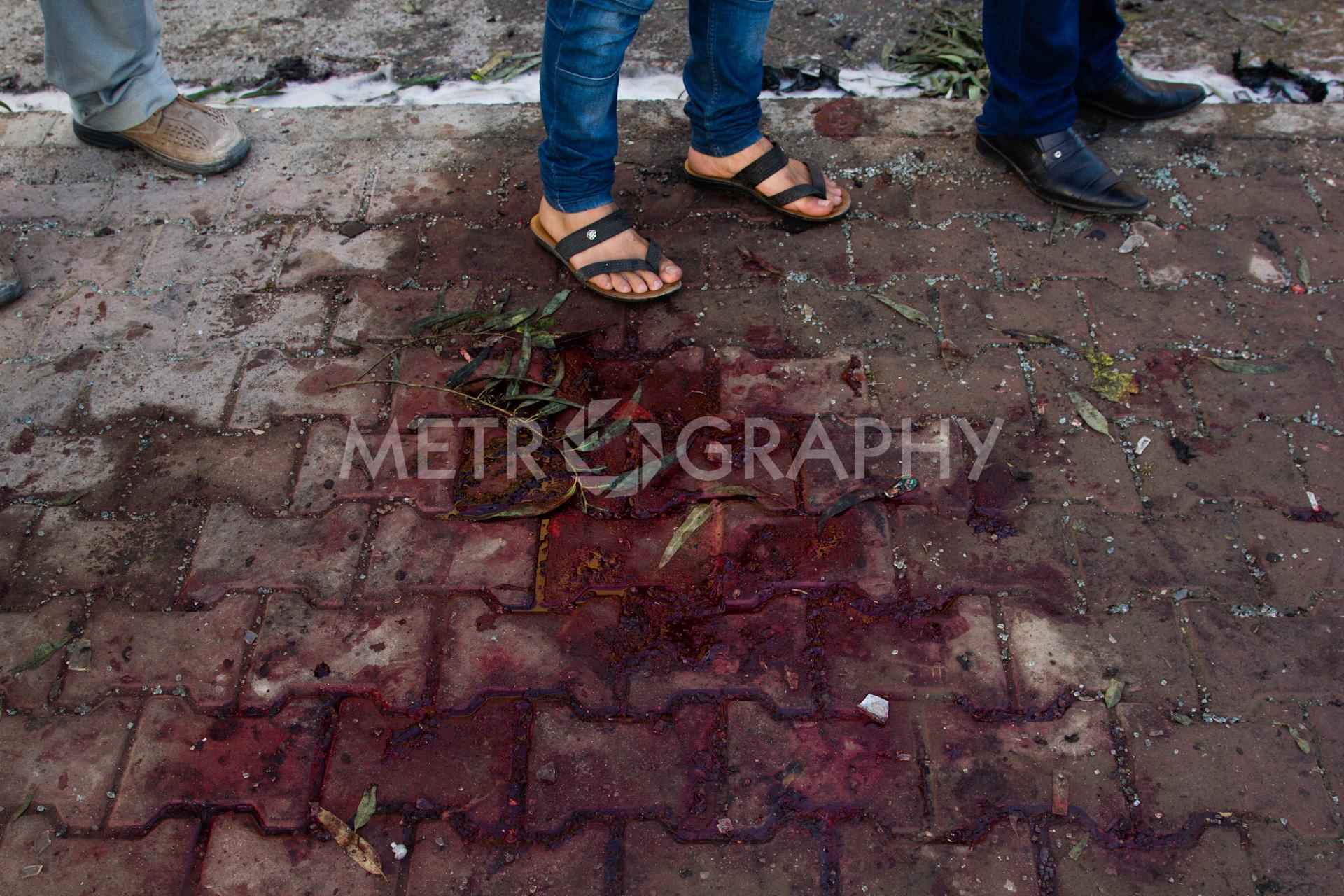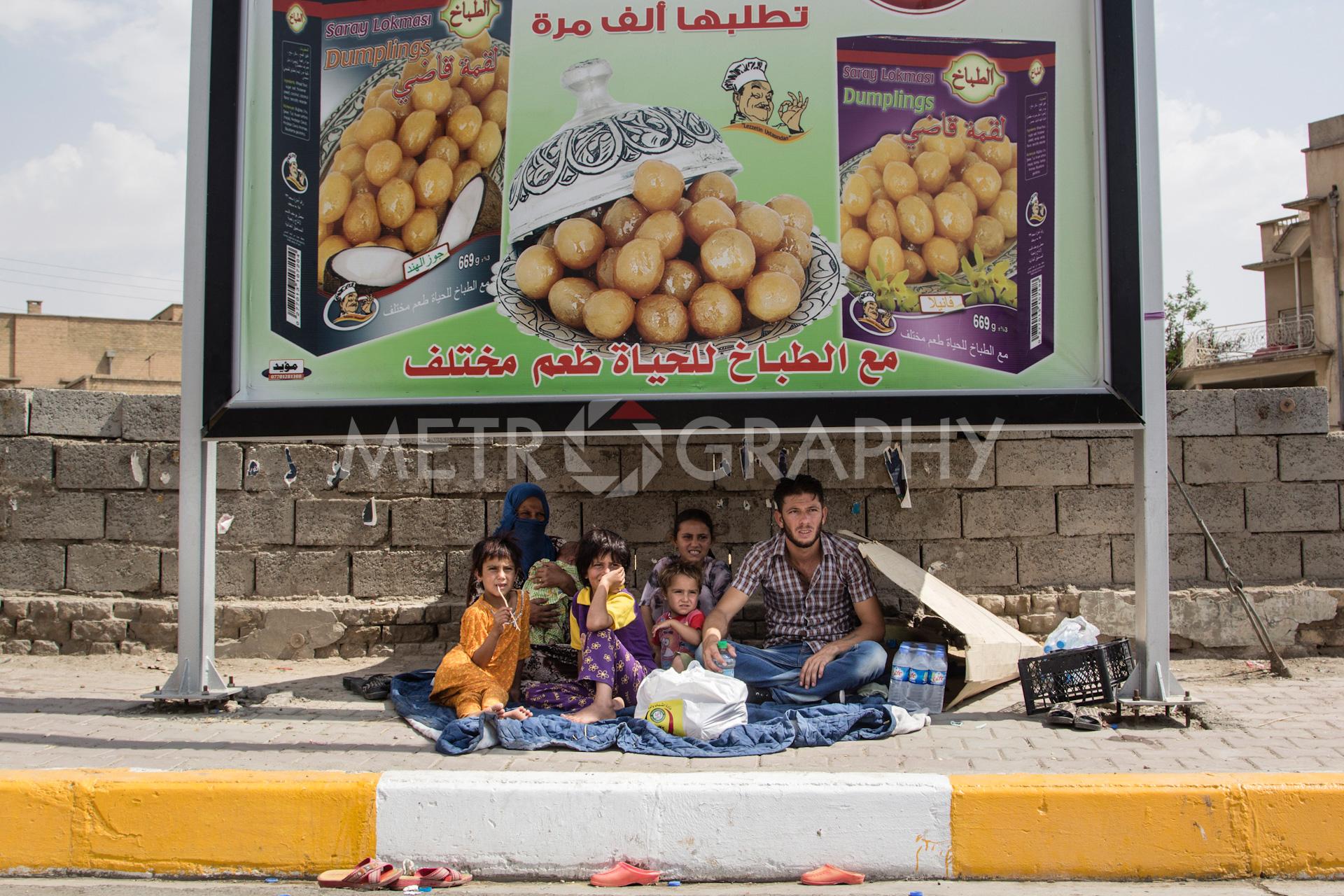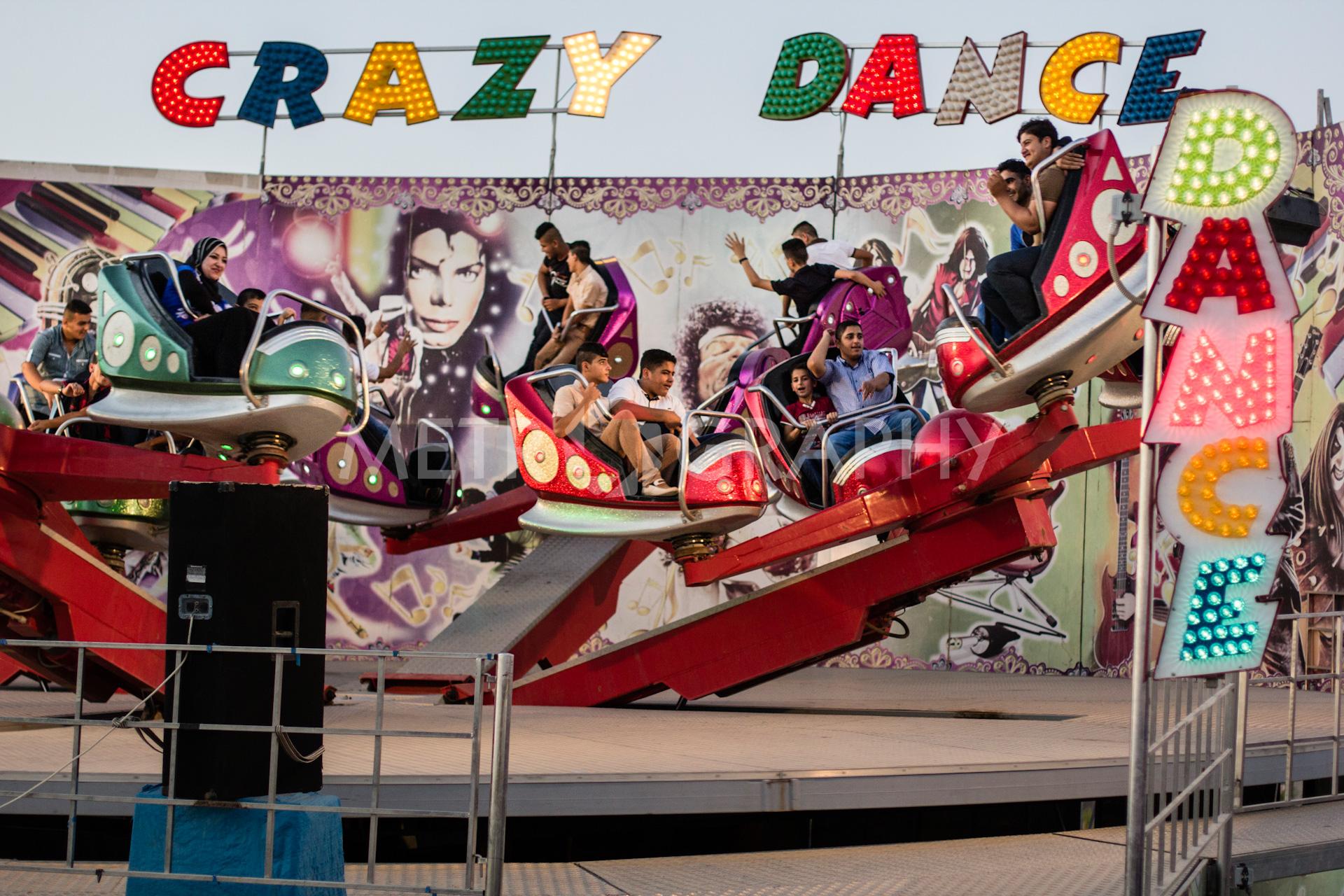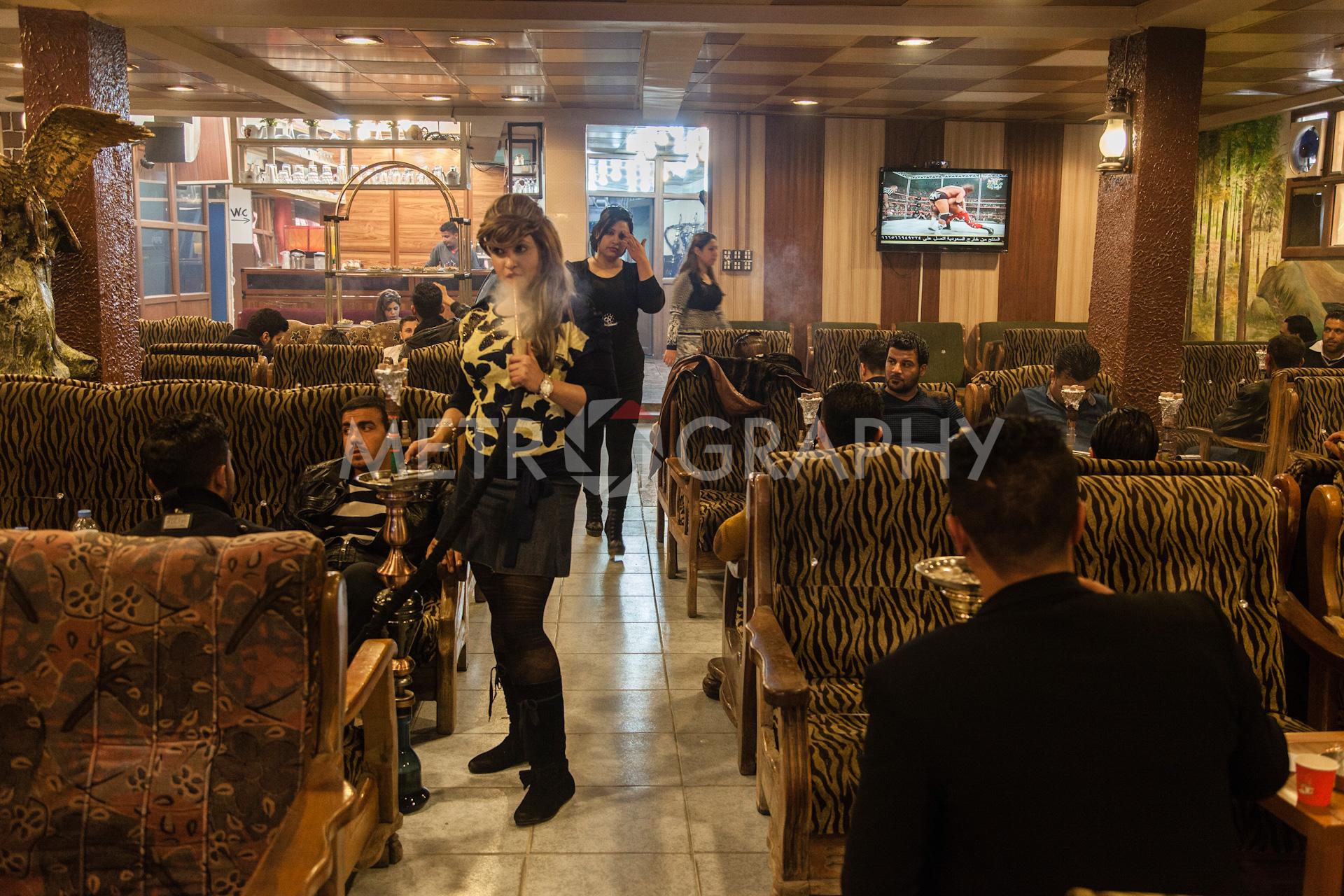A selection of photos photojournalist Hawre Khalid took of his hometown, Kirkuk, in the last fifteen years, following the US-led invasion of Iraq in 2003. Khalid tells his story of how he went back from Chamchamal, a small town in Iraqi Kurdistan, to Kirkuk, northern Iraq, on foot in order to be with his family during the early days of the invasion in 2003.
“While listening to a Kurdish song on the headphones which my uncle sent me from the Netherlands, I sneaked out of my grandma’s house in Chamchamal, to start my long walk to Kirkuk. I was only sixteen, but I was worried and excited for my parents and my brother back in Kirkuk where the US-led invasion of Iraq had just made its way into. The song was produced a month before this anticipated invasion. ‘We were heroes without a sword, writers without pens, a tongue-tied history,’ it said.”
Khalid recalls, “We were displaced to the small town of Chamchamal after Saddam Hussein launched the Arabisation campaign in Kirkuk. Four years later, my family returned to Kirkuk but I stayed at my grandmother’s house in order to finish my studies in Kurdish. If I were to go back to Kirkuk, I had to start over my studies in Arabic.”
“I walked for nearly five hours to get to Kirkuk, passing by fleeing civilians, Kurdish Peshmerga, and US marines who gave me an American flag with big, friendly smiles. I saw foreigners for the first time in my life. It was a happy and exciting feeling, but also scary as I had never seen them that close. I was walking the streets of Kirkuk, I saw people shooting in the air out of happiness, and at each other, dead bodies lying around, government buildings and the houses of the Baathists being looted.”
Longing for his mother, Khalid forgot about the terror and fear, “When I got home, my mom didn’t know whether she should be happy or angry after seeing me, as I had taken a big risk. She hugged me very tightly nonetheless.”Hearing that the US marines were at the Kirkuk football stadium, Khalid had become curious and wanted to see them up-close, “After spending a few hours with my parents, I went there immediately, with the small American flag that I got from them on the road.”
Khalid describes his hometown and says that Kirkuk “is a multicultural place, where Arabs, Kurds, Turkmen, Christians and foreign workers live together.” He continues, “Back in the day, Saddam Hussein initiated several campaigns to ‘Arabise’ Kirkuk, evicting Kurdish families and giving their homes over to families from southern Iraq. But with the US-led invasion of 2003, Kurdish forces worked to reverse this process. The city fell within the so-called disputed areas; responsibility for administration and security is shared between Baghdad and the Kurdish authorities.”
Khalid started photographing Kirkuk in 2007, but three years later, he moved to holland. “When I came back in 2013, I was hoping to come back to a lively city, but I found it in worse shape than I had left it in, full of sad faces and lack of cultural activities and art. I realized that when people hear bad news on a daily basis, there is no space left for happiness.”
“The security situation has been bad since 2003, but it took a turn for the worst with the war against ISIS as they were very close to the city and the residents were living in fear. The economy has deteriorated, there are fewer jobs, people only afford basic necessities. Arabs are suspicious of Turkmen and Peshmergas and the other way around. There are still explosions, executions and kidnappings.”
“I have been displaced 4 times in my life because we were Kurds during Saddam’s era.” He continues, “Since 2014, I have been going back every year to document Kirkuk, from war, daily lives, its streets, art, and its diversity.”

